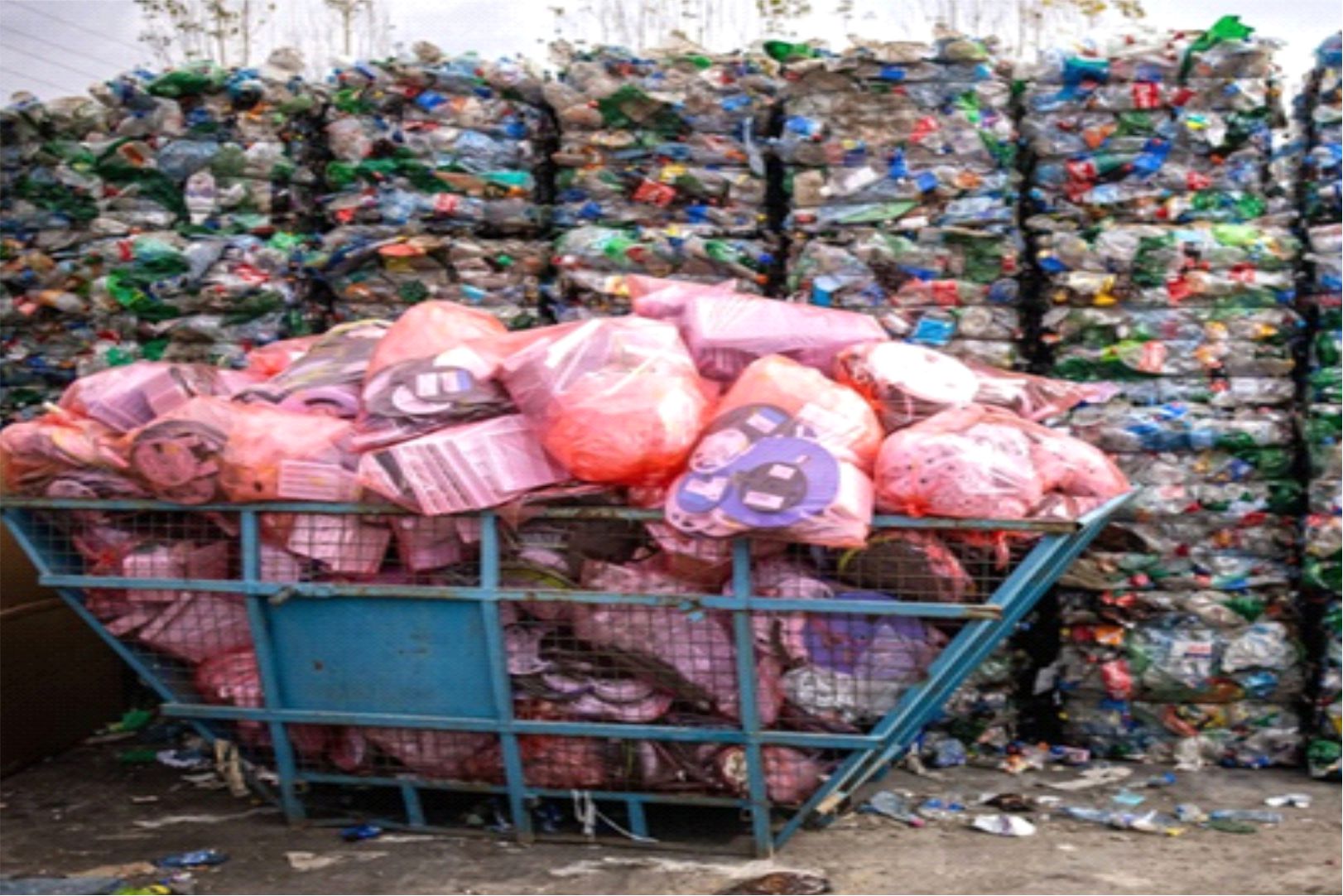
The PLASTICS Project and Sri Lanka’s Sustainable Future

Biodiversity Sri Lanka (BSL), in partnership with ACTED, the Industrial Services Bureau (ISB), STENUM Asia, and The Energy and Resources Institute (TERI) of India, is spearheading the Promoting Long-term Approaches for a Sustainable, Transformative, and Inclusive Circular Economy in Sri Lanka (PLASTICS) project. This 48-month initiative, funded by the European Union’s SWITCH-Asia program, is revolutionising the plastics value chain by integrating Small and Medium Enterprises (SMEs) into sustainable business practices that foster economic prosperity while tackling environmental challenges.
Rethinking Plastics: A National Priority
Sri Lanka imports over 500,000 metric tons of virgin plastic annually, contributing to nearly 1.59 million metric tons of mismanaged plastic waste each year. Recognising the urgency of addressing this crisis, the PLASTICS project focuses on transforming the plastic lifecycle across Sri Lanka’s Western Province. By targeting 150 SMEs engaged in plastic production, use, and recycling, the project enhances resource efficiency, promotes circular innovations, facilitates access to green finance, and strengthens waste management frameworks.
The project aligns closely with the Sri Lankan Government’s National Action Plan on Plastic Waste Management 2021–2030, which emphasszes the need to transition from a linear economy to a circular one. This shift is built on the principles of reducing, reusing, and recycling plastics while implementing Extended Producer Responsibility (EPR) schemes. As part of this effort, BSL is leading the expansion of the national plastics EPR Portal, which will play a crucial role in ensuring producer accountability and improving waste traceability through digital monitoring systems.



Milestones Achieved So Far
The PLASTICS Project Consortium has made significant progress in building momentum for a circular plastics economy. A key focus has been engaging a diverse group of stakeholders, including SMEs, entrepreneurs, policymakers, and financial institutions. Through workshops and training sessions, businesses have gained insights into sustainable practices, circular product design, and ways to integrate eco-friendly alternatives into their operations.
The project has also actively supported SMEs with critical asset provisions to strengthen their operational capabilities. Equipment such as baler machines for PET bottle compression, shredder machines for plastic flake production, and crusher machines for reducing plastic into fine granules have been distributed. This investment ensures that SMEs can process and manage plastic waste more effectively, fostering a sustainable business ecosystem.
Recognising the financial barriers that often hinder SMEs from adopting green practices, the project has introduced initiatives to improve access to green financing. A Digital Green Finance Toolkit has been developed to bridge knowledge gaps and empower financial institutions to support eco-friendly business models. Practitioner forums and collaborative platforms are building confidence among investors and businesses in financing sustainable plastic waste management solutions.
Public-private collaboration has been a cornerstone of the consortium’s approach. By fostering dialogue between industries, policymakers, and regulatory bodies, the PLASTICS Project Consortium has helped develop robust monitoring frameworks that support transparent and effective plastic waste management across industries. The innovative 3Zero House initiative, launched in Colombo, Vavuniya, and Batticaloa, serves as an incubator for entrepreneurs and businesses committed to sustainability. Through a dedicated incubation program, eight pioneering businesses – such as ALKE, Ample, Solocycle, and Teshvo – are developing scalable solutions in areas like alternative packaging, sustainable fashion, and eco-friendly building materials.
Why the Private Sector Should Get Involved
The PLASTICS project is creating new business opportunities while addressing environmental challenges. Companies that adopt circular economy principles gain access to innovation and increased competitiveness in both local and international markets. Businesses integrating sustainable product design and packaging will be better positioned to comply with upcoming regulations and attract environmentally conscious consumers.
Furthermore, the expansion of green finance accessibility presents an opportunity for companies to invest in sustainable technologies and business models. Financial incentives and tailored funding solutions are being introduced to help SMEs transition toward low-impact manufacturing processes, offering a major advantage for businesses looking to future-proof their operations against regulatory changes while reducing long-term costs through resource efficiency.
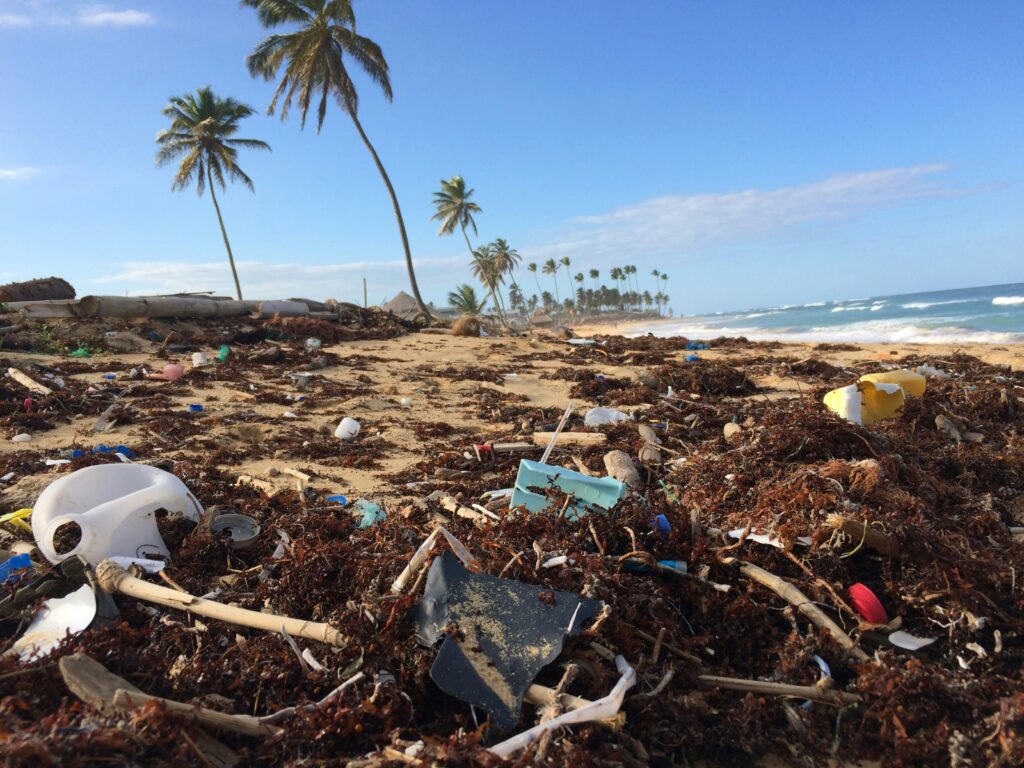
Scaling Up for the Future
Building on its success, the PLASTICS project is set to scale up circular innovations by supporting SMEs in adopting advanced technologies that minimize plastic waste and promote the use of sustainable materials. The consortium is actively working alongside the Central Bank of Sri Lanka and the EU Delegation to Sri Lanka and the Maldives to promote green finance frameworks that align with global sustainability goals. Recent strategic briefings on the delivery of green financial services have emphasized the importance of integrating environmental risk assessments into financial processes, reinforcing the consortium’s efforts in advancing circular economy solutions and influencing national financial policies.
As Sri Lanka deepens its commitment to a circular economy, policy frameworks must evolve to support long-term sustainability. The consortium will continue working closely with policymakers to advocate for stronger regulations that facilitate EPR schemes, incentivize sustainable product design, and promote responsible plastic use across industries. Community engagement and awareness campaigns will also be vital in educating consumers about the importance of reducing plastic consumption and supporting sustainable alternatives.
Shaping the Future of Plastics in Sri Lanka
The work of the PLASTICS Project Consortium stands as a testament to the power of BSL’s leadership in promoting collaborative innovation and driving corporate sustainability as well as environmental responsibility. By fostering innovation, strengthening policy frameworks, and equipping businesses with the tools to integrate circularity, the consortium—led by its esteemed partners—is setting the stage for a future where economic growth and environmental stewardship go hand in hand. This initiative not only addresses the pressing issue of plastic pollution but also creates new opportunities for sustainable development and positions the private sector as a leader in Sri Lanka’s green transformation.

Leading Wetland Restoration in Sri Lanka
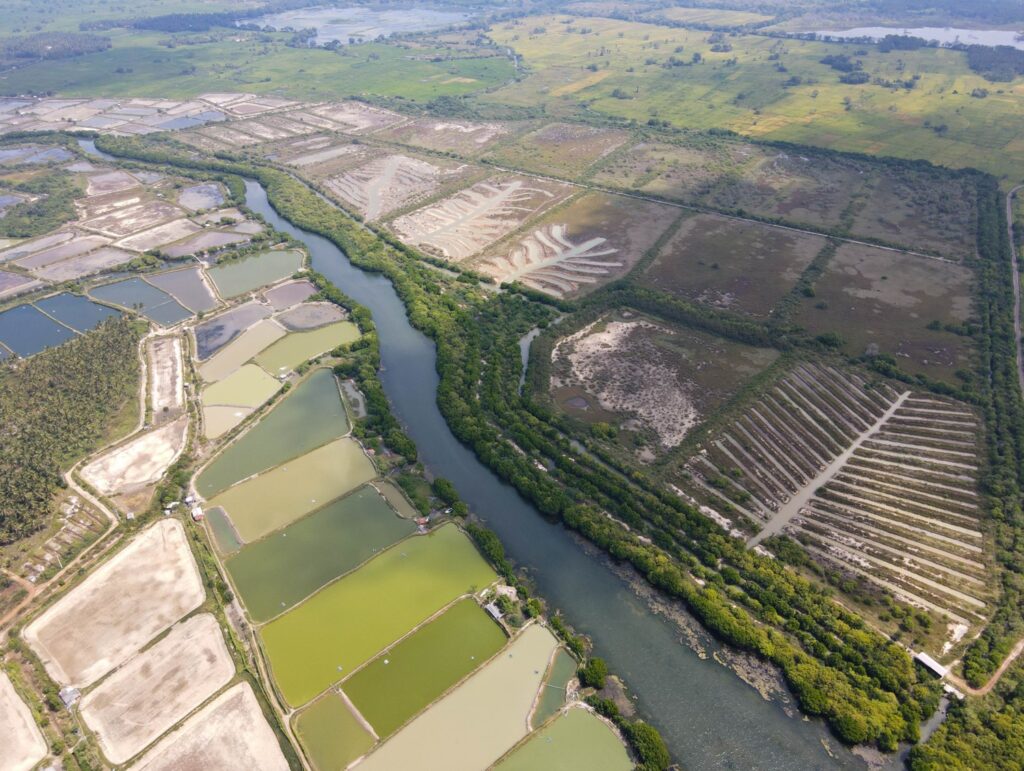
Biodiversity Sri Lanka (BSL) continues to lead the way in mangrove restoration with its Life to Our Mangroves (LOM) project, a collaborative effort aimed at revitalizing the Anavilundawa Ramsar wetland sanctuary. This vital ecosystem, located in Sri Lanka’s North Western Province, has faced significant degradation due to environmental changes, but through strategic partnerships and scientific restoration efforts, it is being restored to its natural state.
Scaling Up Restoration Efforts
With the support of 10 key partner organizations, including Dilmah, Sampath Bank, CDB, NDB, Dole, Dynawash, Easwaran Brothers, Virtusa, LOLC Finance, and Amana Bank, BSL is actively working on restoring 13.96 hectares of mangrove and associated ecosystems. Of this, 6.06 hectares are designated for true mangrove restoration, while 7.9 hectares are being developed with mangrove-associated and dry-zone vegetation to enhance habitat connectivity. Progress has been steady, with plot 7 demonstrating an 80% survival rate for 3,000 newly planted true mangroves. Approximately 3,000 Avicennia spp. seeds have been scattered to encourage natural regeneration, and 750 additional nursery plants have been introduced. Plots 20 and 21 now feature a fully operational plant house housing 1,000 dry-zone plants, with 300 already mature enough for field planting. Meanwhile, in plot 5, invasive species are being systematically removed, and canal dredging is scheduled for early 2025, ensuring optimal water flow before new plantings begin.

Integrating Carbon Finance and Climate Resilience
A major component of the LOM project is leveraging carbon offsetting as a sustainable funding mechanism. BSL has initiated a pre-feasibility carbon assessment in partnership with the Sri Lanka Climate Fund under the Ministry of Environment, which includes soil analyses and potential valuation of carbon sequestration efforts. Although government directives currently limit carbon finance crediting for extensive mangrove restoration, carbon offsetting remains a promising avenue that BSL is actively exploring.
To further ensure the long-term viability of the wetland and its surrounding communities, BSL is developing a climate adaptation plan. This initiative, carried out in collaboration with the Climate Change Secretariat, Global Green Growth Institute (GGGI), and the Centre for Poverty Analysis (CEPA), involves a socio-economic assessment to understand community interactions with the ecosystem. Additionally, BSL is working with the Green Movement (GMSL) to conduct a baseline study, providing essential data to tailor conservation efforts effectively.




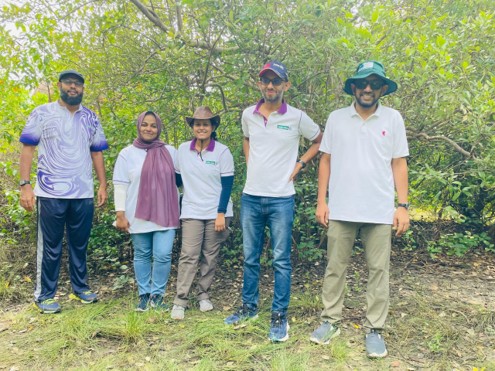

Strengthening National Conservation Strategies
BSL is playing a crucial role in aligning its restoration work with national environmental goals. One key focus is updating Sri Lanka’s mangrove mapping, which currently relies on outdated 1985 aerial imagery. This effort, supported by World Vision, will provide accurate, up-to-date data essential for future conservation planning. Additionally, BSL is actively contributing to the Anavilundawa Sanctuary Management Plan, ensuring that restoration efforts are integrated into broader conservation strategies.
Empowering Communities Through Ecotourism and Education
The Life to Our Mangroves project is not just about ecological restoration; it is also fostering sustainable livelihoods for local communities. BSL is exploring sustainable ecotourism opportunities within the restored wetland area, offering alternative income sources while raising awareness about the importance of mangrove ecosystems. Future plans include educational programs, guided tours, and community-led conservation initiatives to deepen public engagement with wetland conservation.

A Model for Private Sector-Led Conservation
The LOM project stands as a leading example of corporate-driven conservation, demonstrating how businesses and environmental organizations can work together to achieve impactful restoration. With ongoing advancements in carbon finance, climate adaptation, and ecological restoration, BSL and its partners are paving the way for a more resilient and sustainable future for Sri Lanka’s wetlands. Mangroves are a lifeline for biodiversity, coastal protection, and carbon sequestration. Through the continued dedication of its partners, BSL remains committed to ensuring that these critical ecosystems are preserved and restored for generations to come.
#LifeToOurMangroves #MangroveRestoration #BiodiversitySriLanka #SustainableSriLanka #CarbonOffsetting #ClimateResilience
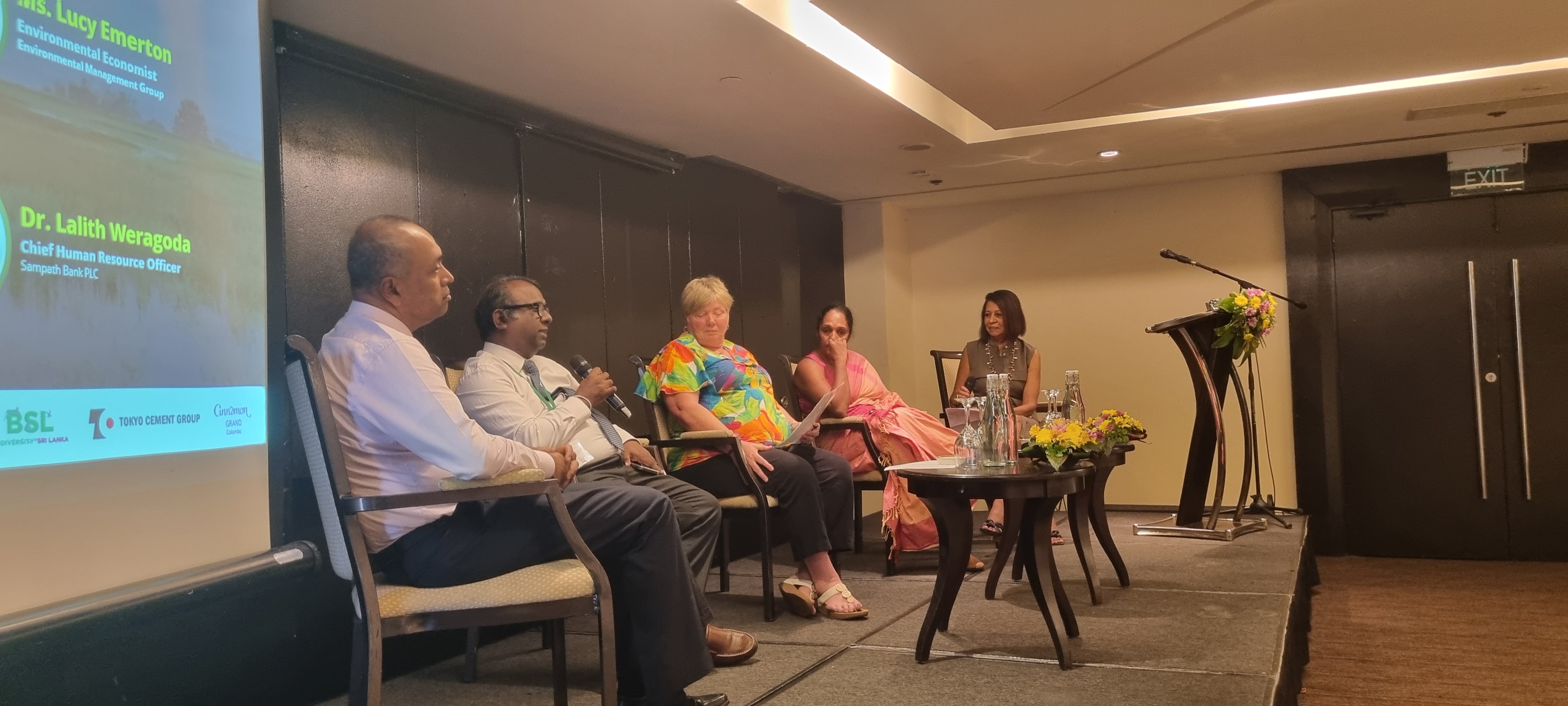
World Wetland Day Celebrations 2025: A Unified Effort to Protect Vital Ecosystems
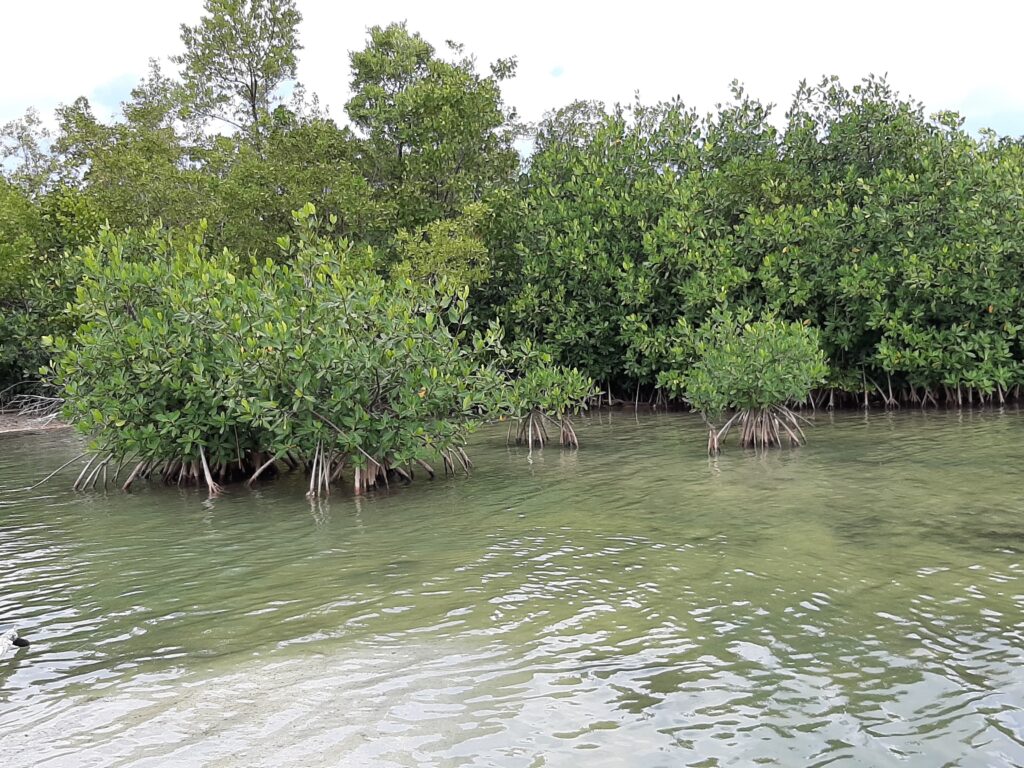
On 5th and 6th February 2025, Sri Lanka joined the global community in celebrating World Wetlands Day, under the theme “Protecting Wetlands for Our Common Future”. This theme is particularly pertinent to Sri Lanka, a nation endowed with diverse wetland ecosystems that are vital for ecological balance and community livelihoods. Wetlands in Sri Lanka serve as habitats for numerous endemic species, support agriculture and fisheries, and act as natural defenses against flooding and erosion. However, these ecosystems face threats from urbanization, pollution, and climate change. The theme calls for collective action to safeguard these invaluable resources, ensuring they continue to benefit both nature and society. In alignment with this global initiative, Biodiversity Sri Lanka (BSL), in partnership with Cinnamon Grand Colombo, Tokyo Cement Group, Dole Lanka, and Cargills Ceylon PLC, orchestrated a series of events aimed at raising awareness and fostering collaborative conservation efforts.
Engaging the private sector
At the Cinnamon Grand Colombo, BSL, in partnership with the Tokyo Cement Group, hosted a high-level panel discussion focusing on Green Finance for Wetland Conservation on 6th February 2025. The forum convened experts from finance, environmental science, and policy-making sectors to explore sustainable funding mechanisms for wetland preservation. Discussions highlighted the economic valuation of wetlands and the integration of green finance into national strategies, emphasizing the necessity of public-private partnerships in mobilizing resources for conservation.
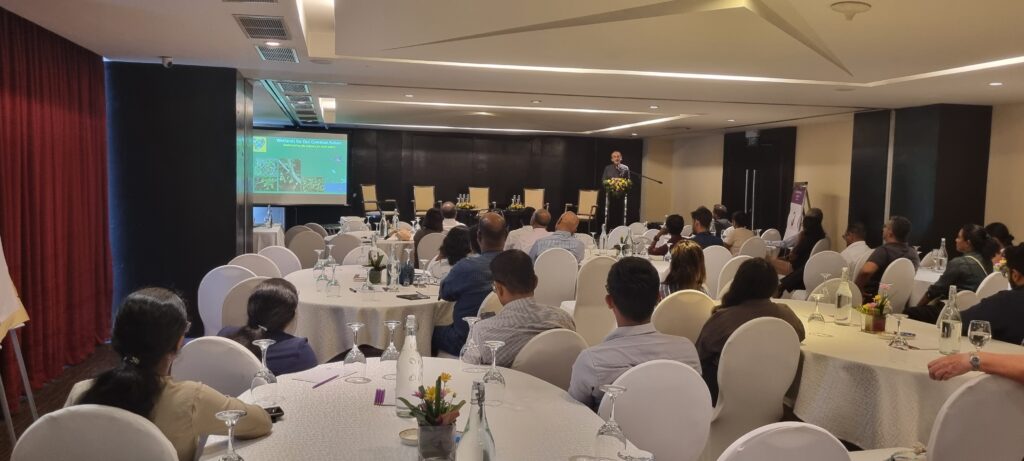
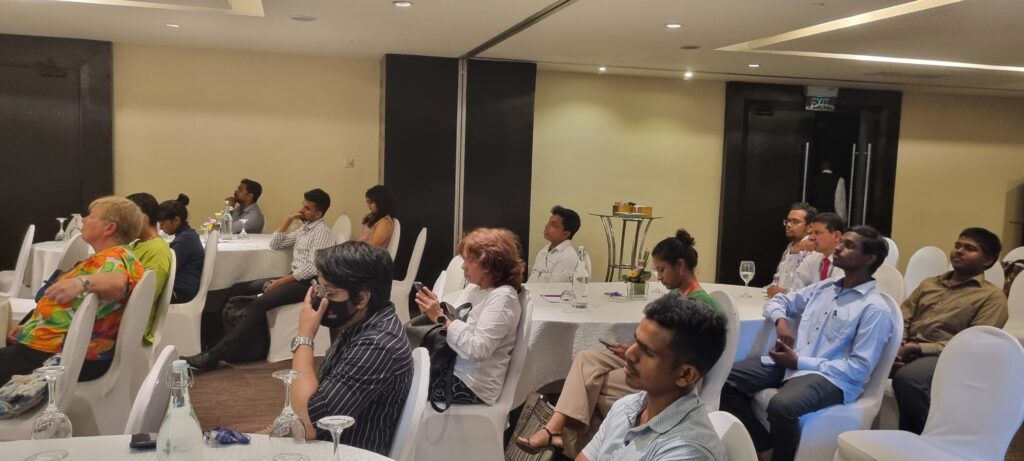
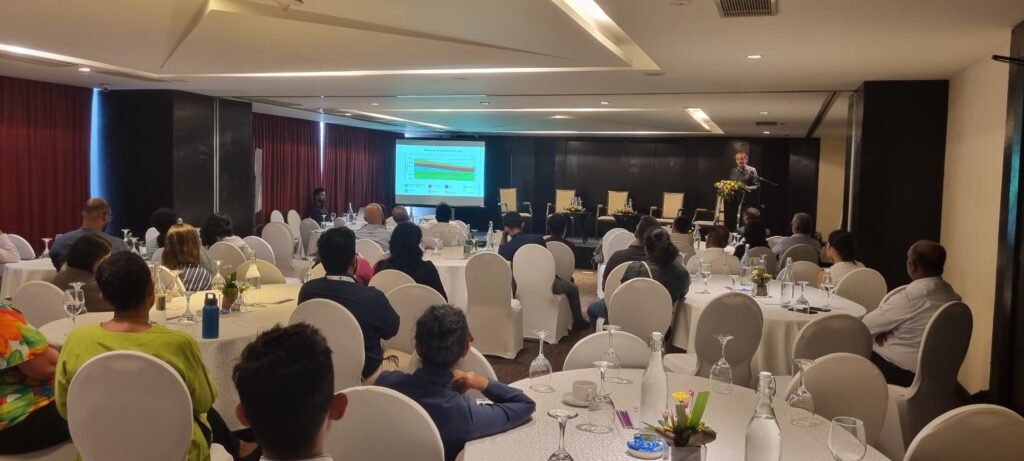
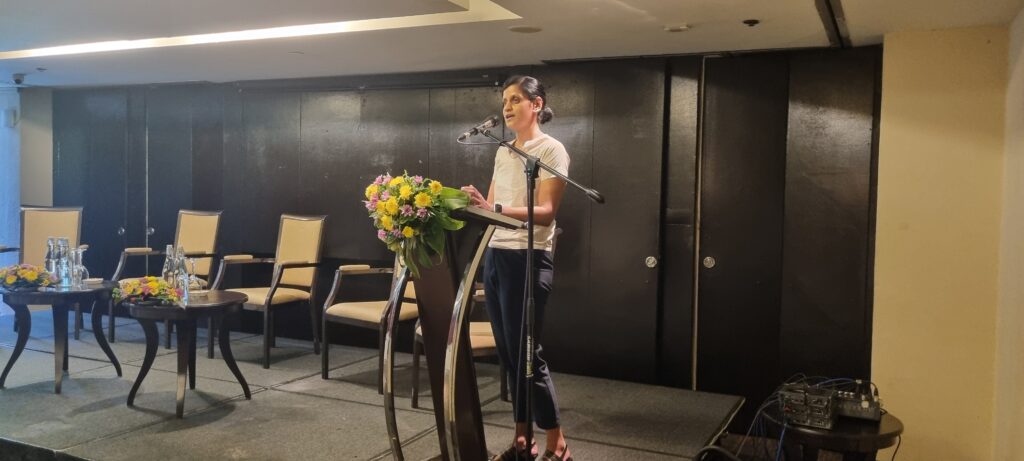
Key speakers at the event:
Ms. Chaturangi Wickramaratne (Researcher – Freshwater Ecologist, IWMI) highlighted how wetlands contribute to both ecological and economic stability, emphasizing the need for green finance integration into national economic strategies.
An interesting panel discussion was held moderated by BSL’s Senior Technical Advisor Ms Shiranee Yasaratne. The panelists included:
- Environmental Economist Lucy Emerton, who discussed the economic valuation of wetlands as a means of strengthening conservation policies.
- Nishantha Edirisinghe (Conservator General of Forests), who elaborated on Sri Lanka’s policy framework for wetland and mangrove conservation, focusing on the role of carbon offsetting initiatives.
- Professor Sewwandi Jayakody (Wayamba University), who explained how wetlands contribute to biodiversity conservation and climate resilience.
- Dr. Lalith Weragoda (Sampath Bank), who emphasized the growing role of the private sector in financing sustainable wetland conservation projects.
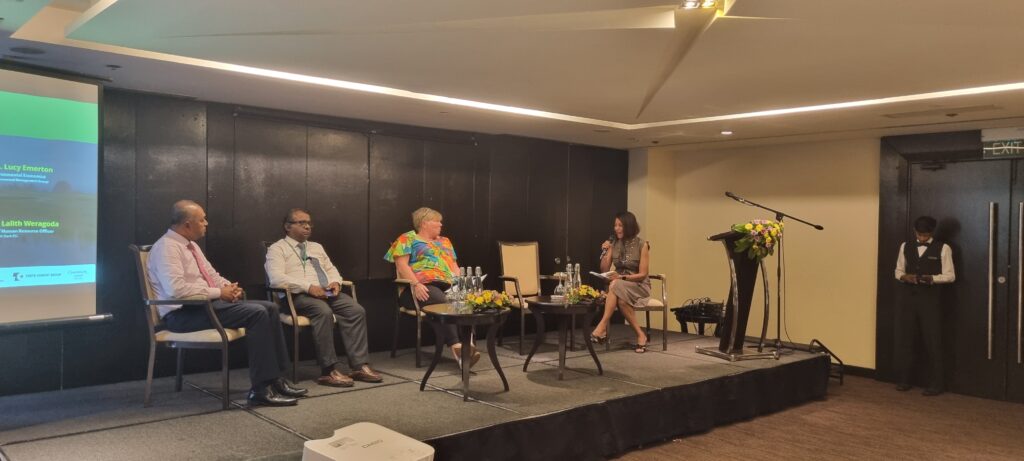
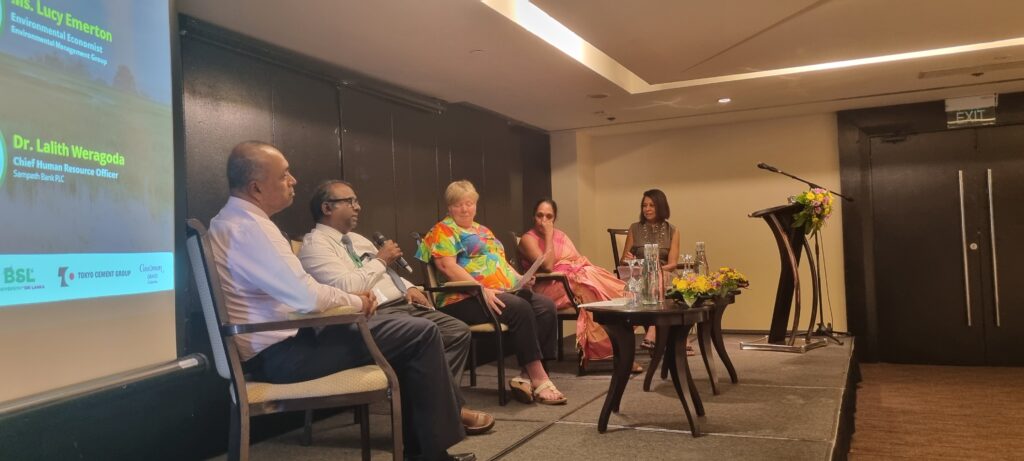
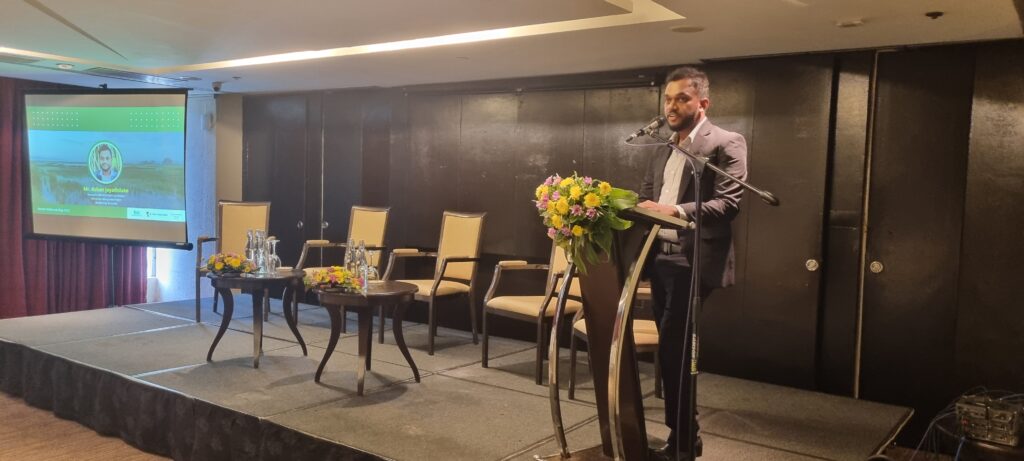
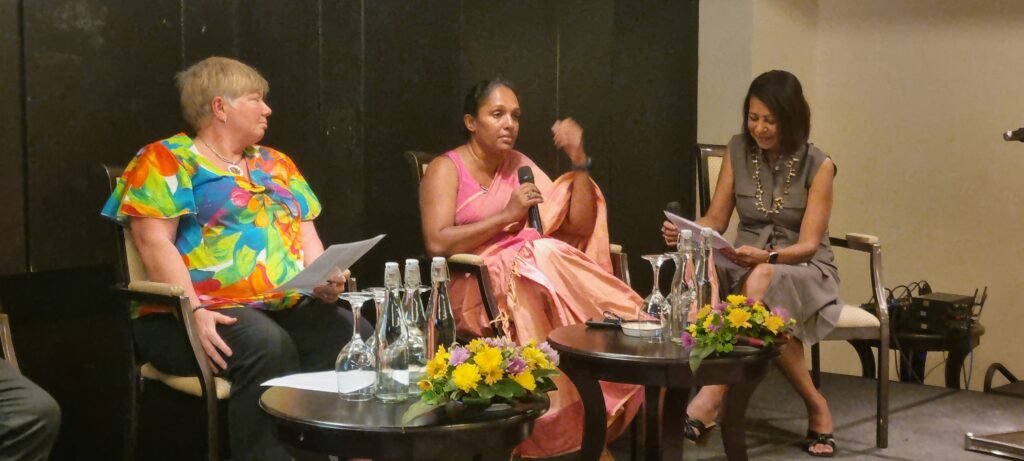
A Call for Stronger Public-Private Collaboration
The discussions stressed the importance of aligning Sri Lanka’s conservation goals with nature-based solutions, carbon offset strategies, and sustainable finance models. A key takeaway was the need for enhanced collaboration between policymakers, financial institutions, and conservation experts to ensure the long-term protection of wetlands. The event concluded with a call to action for increased investment in wetland restoration, stronger policy support, and innovative financial mechanisms to bridge conservation efforts with economic sustainability.
Looking Ahead: A Commitment to Conservation
The events organized by BSL exemplify a holistic approach to wetland conservation, combining education, financial investment, and policy dialogue. By aligning local initiatives with the global theme, Sri Lanka demonstrates its commitment to preserving wetlands as a shared responsibility. As the world prepares for the 15th Meeting of the Conference of the Contracting Parties to the Convention on Wetlands (COP15) in July 2025, these efforts underscore the importance of unified action in protecting wetlands for our common future.
Through these initiatives, BSL reaffirmed its commitment to wetland conservation and underscored the indispensable role of the private sector, financial institutions, and youth engagement in driving meaningful environmental change. As Sri Lanka continues to face ecological challenges, such proactive efforts will be essential in securing the future of its wetland ecosystems.
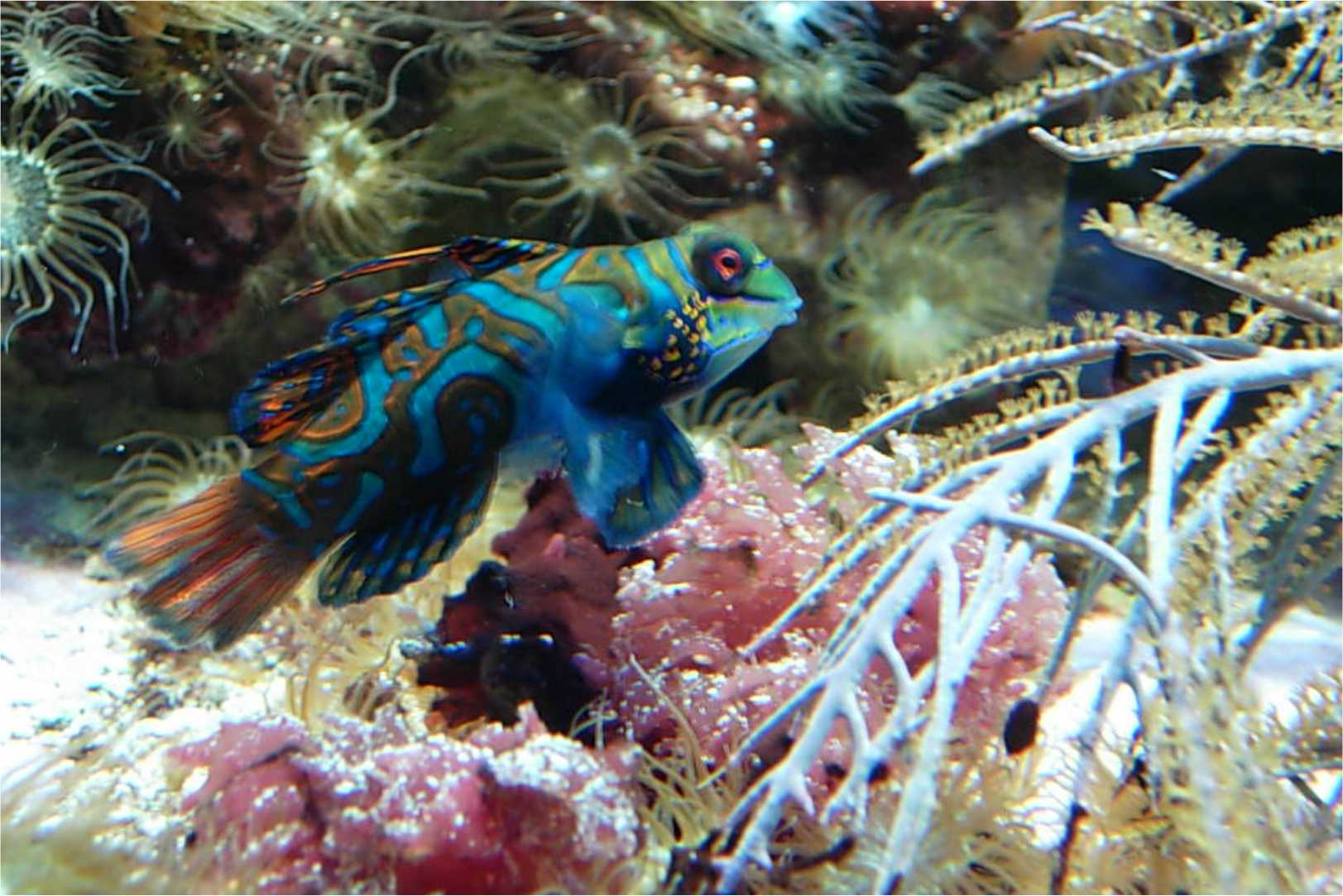
Safeguarding Our Coral Reefs
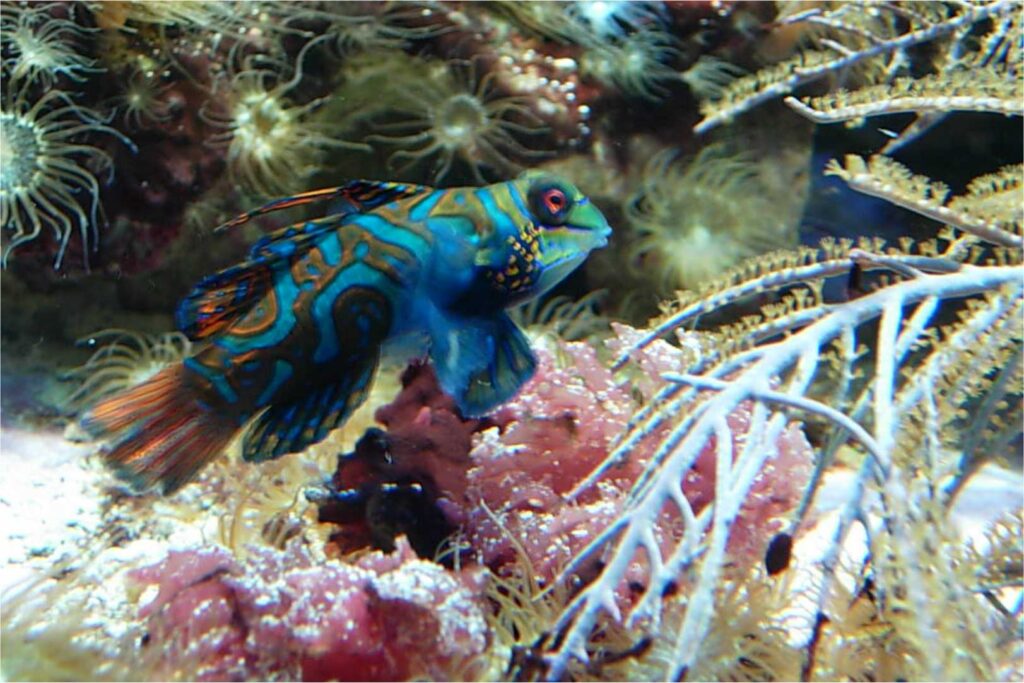
The Kayankerni Reef, located in Sri Lanka’s Batticaloa District, is a marine sanctuary spanning 953 hectares, home to over 200 species of stony corals and 900 species of reef-associated fish. Its rich biodiversity supports the livelihoods of local fishing communities and boosts tourism in the region. Despite its ecological significance, the reef faces multiple threats, including overfishing, destructive fishing practices, unregulated tourism, and coral bleaching. The Life to Our Coral Reefs project, implemented under the Department of Wildlife Conservation and guided by IUCN’s Global Standard for Nature-based Solutions (NbS), seeks to restore reef health while enhancing sustainable livelihoods for the local communities.
A Two-Day Immersive Experience
On 5th and 6th December 2024, Biodiversity Sri Lanka (BSL) led a field visit to the Kayankerni Seascape, bringing together representatives from nine BSL member companies to witness firsthand the conservation efforts under the Life to Our Coral Reefs project. This initiative, designed to restore coral ecosystems and strengthen community resilience, aims to engage the private sector in marine conservation while promoting sustainable economic opportunities for coastal communities.
With four companies already committed as project partners, this visit played a pivotal role in fostering corporate engagement, deepening understanding, and identifying further collaboration opportunities.
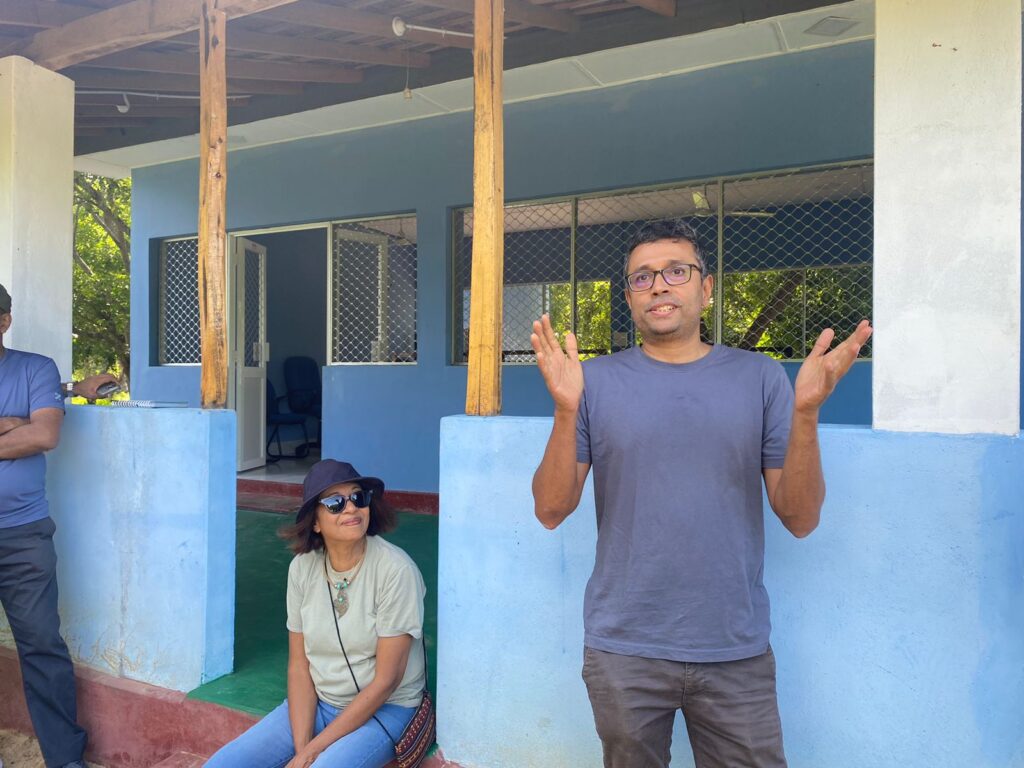
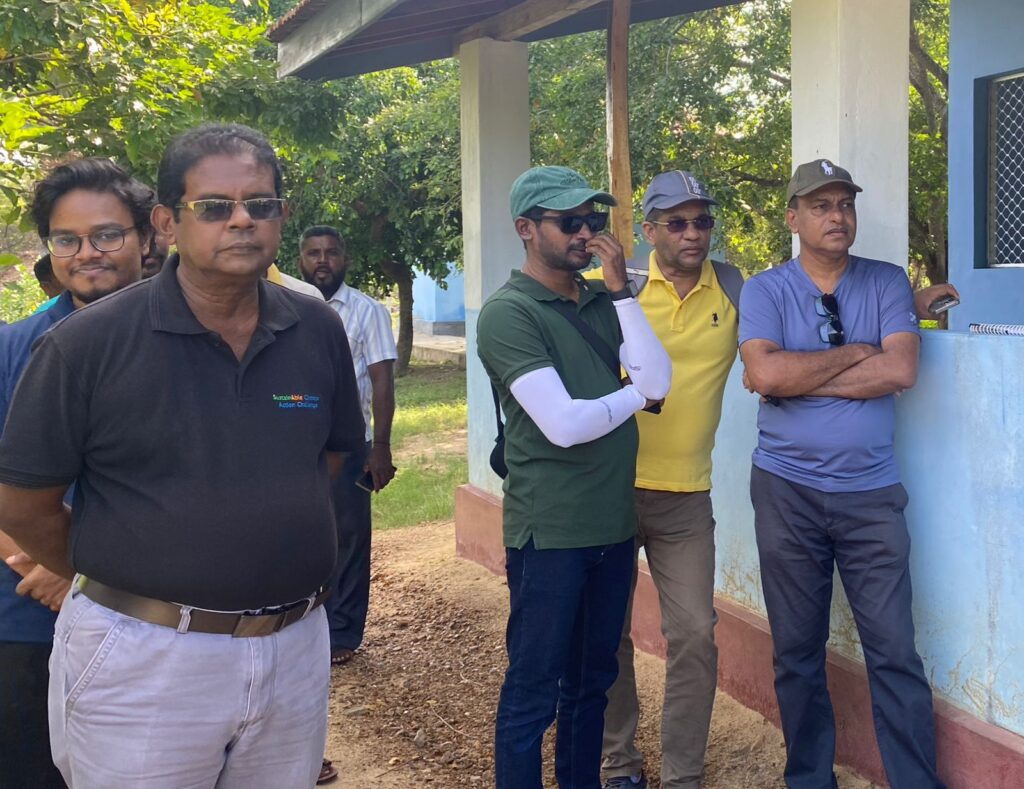
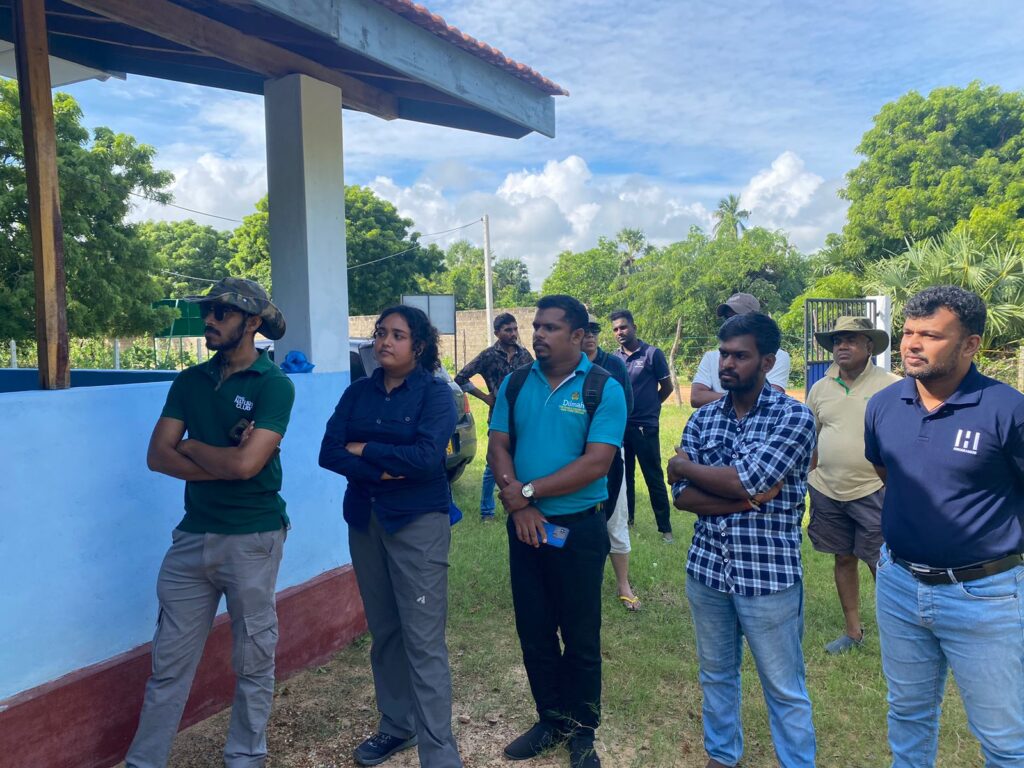
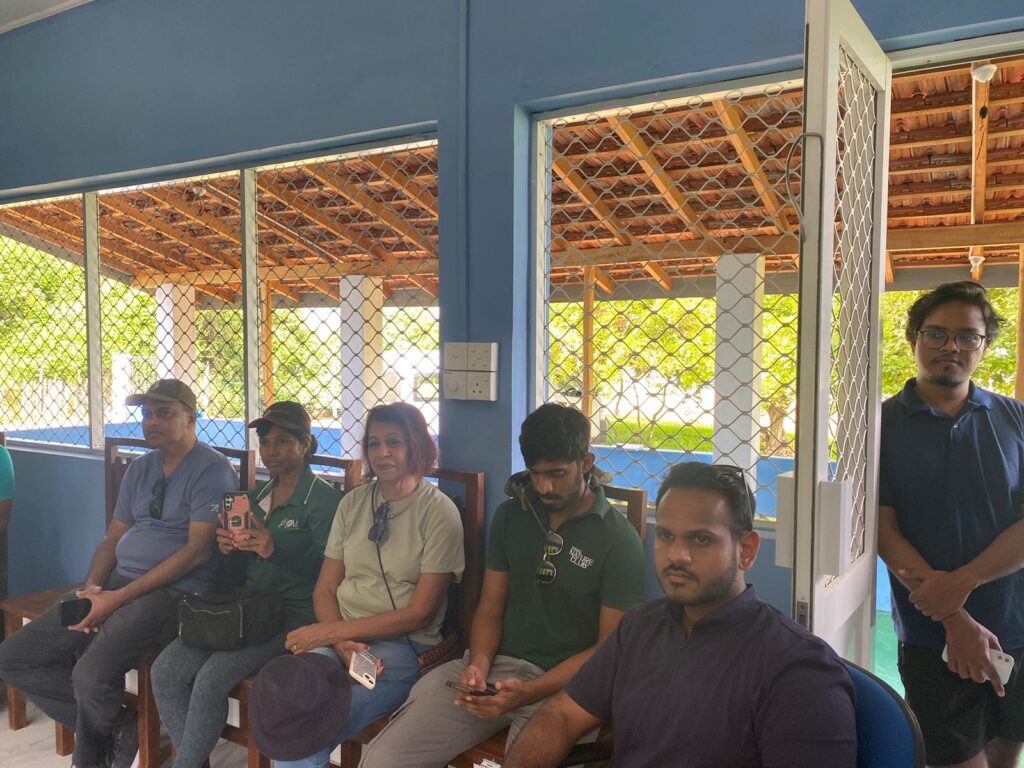
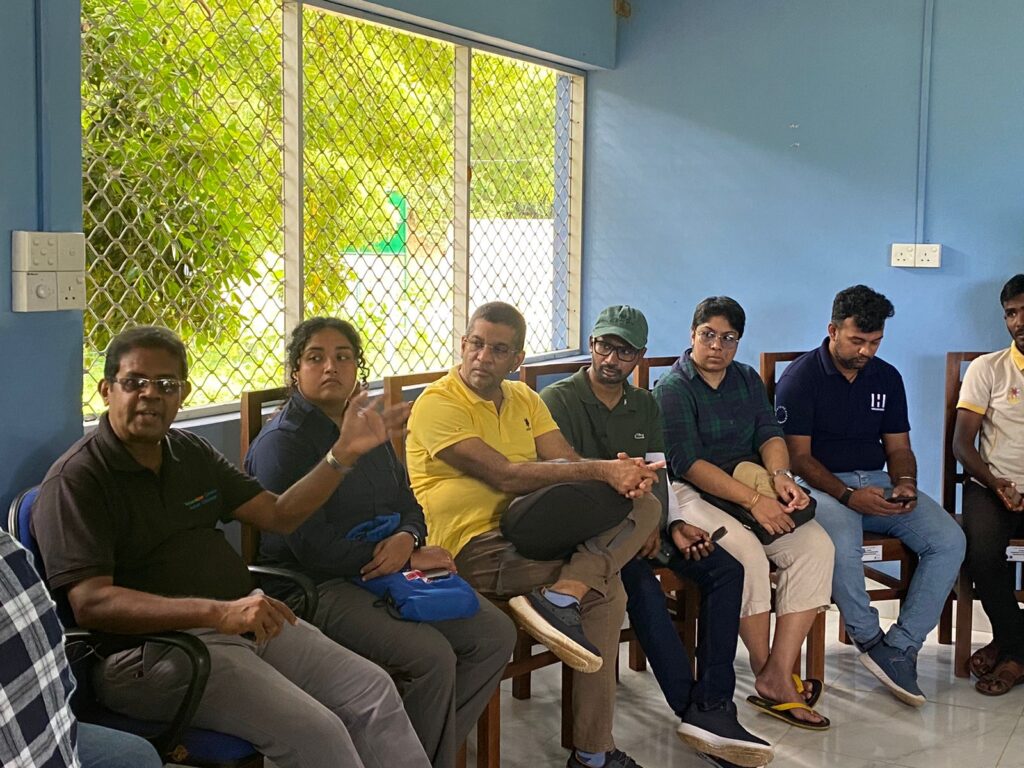
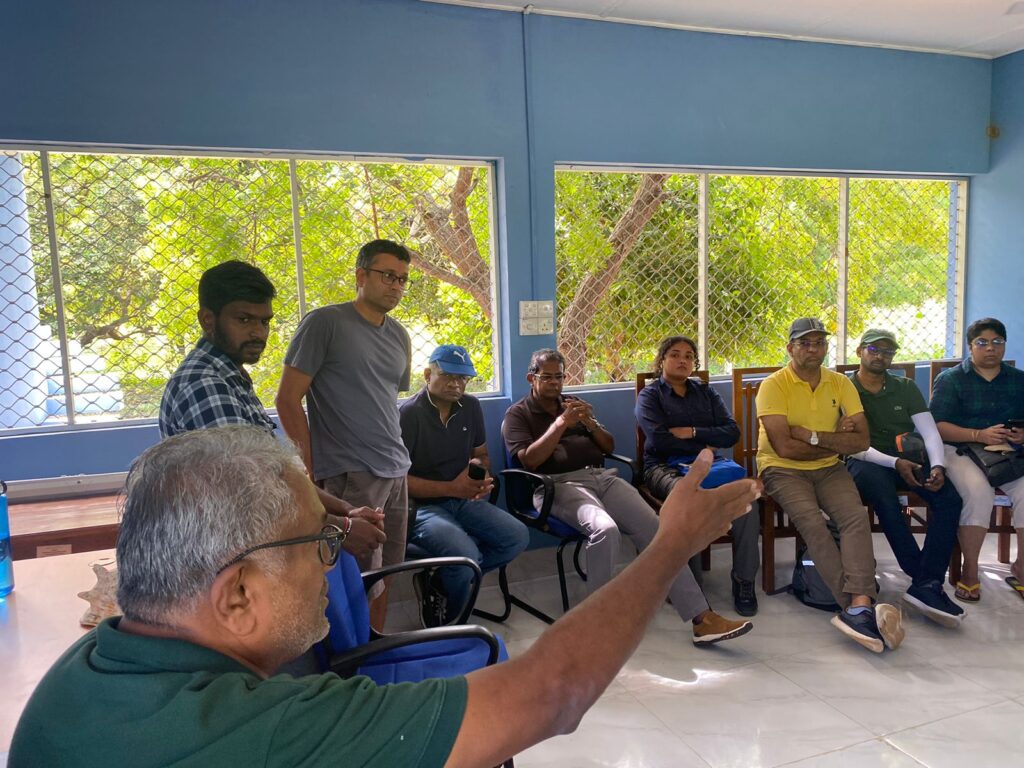
Day 1: Journey to Kayankerni
The field visit commenced on 5th December, with participants gathering at the Ceylon Chamber of Commerce in Colombo before departing for Kayankerni. A stop in Dambulla provided an opportunity for informal networking over dinner, setting the stage for deeper discussions on conservation and business engagement. The group arrived at Malu Malu Resort & Spa, Pasikudah, late in the evening.
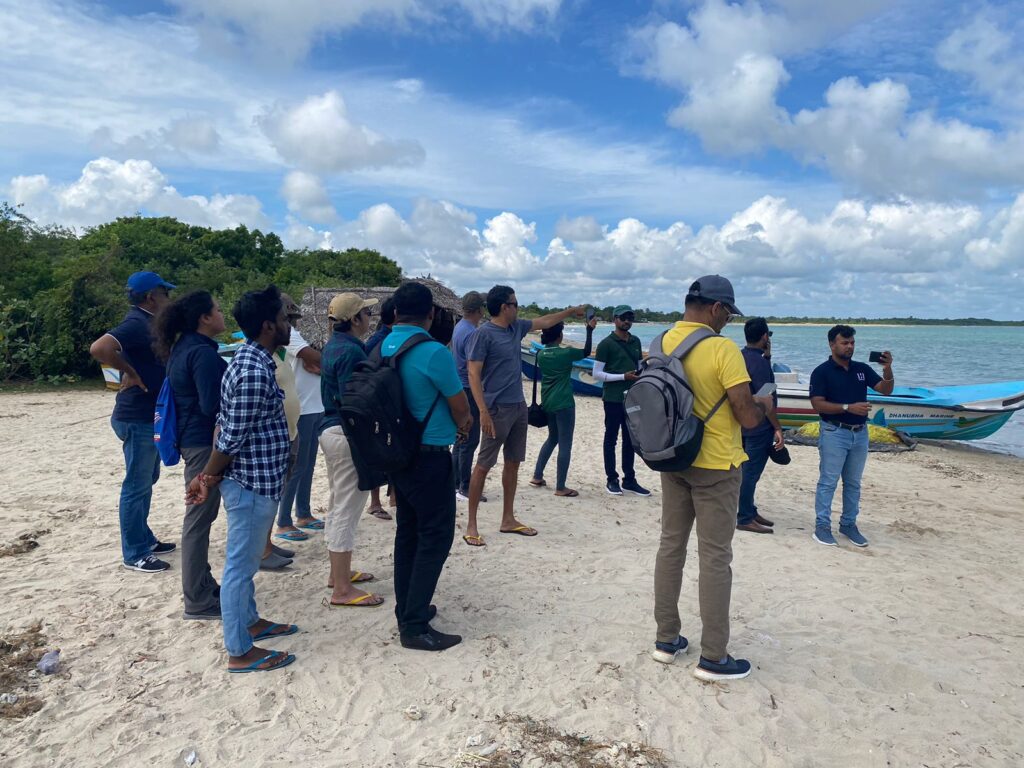
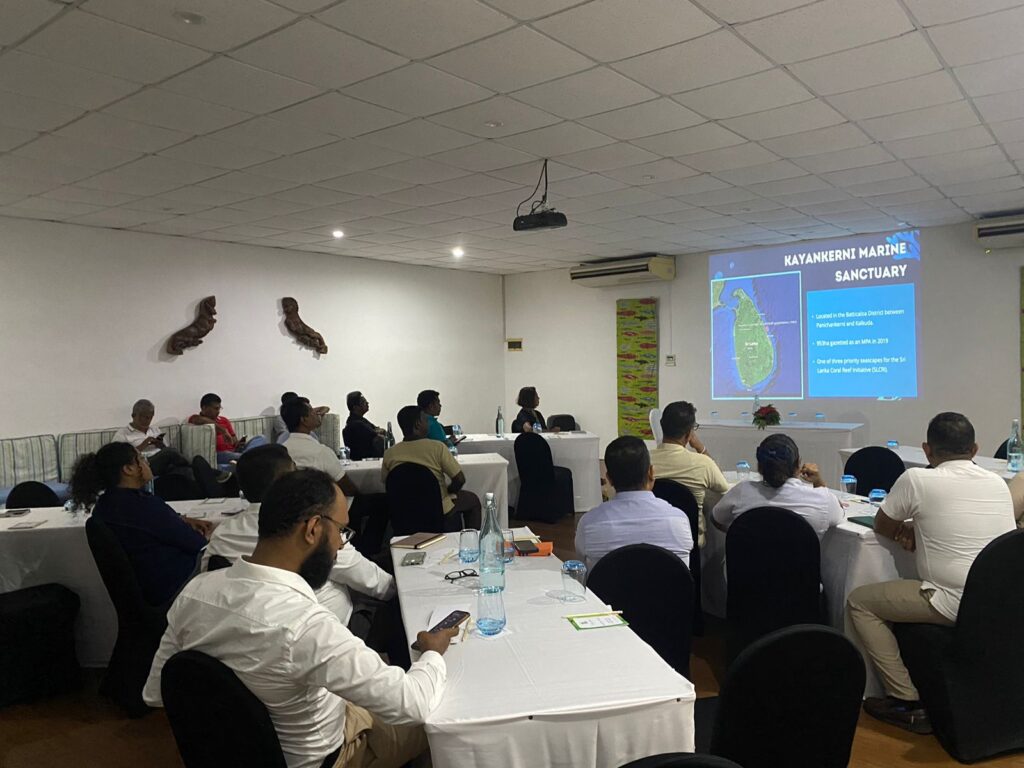
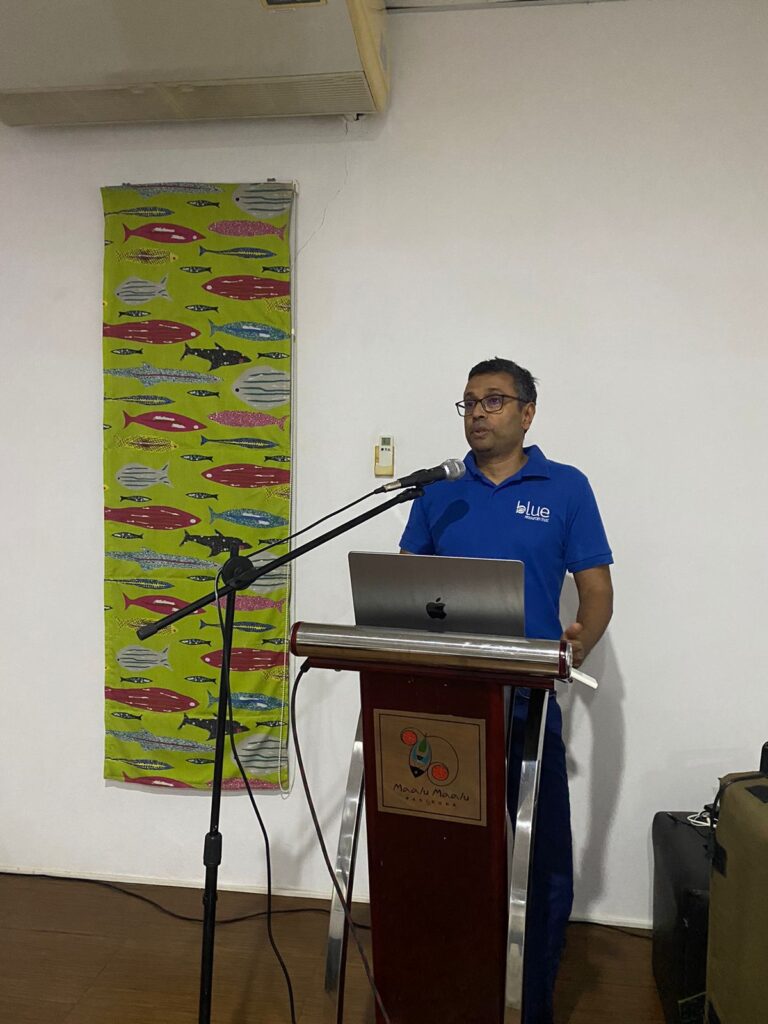
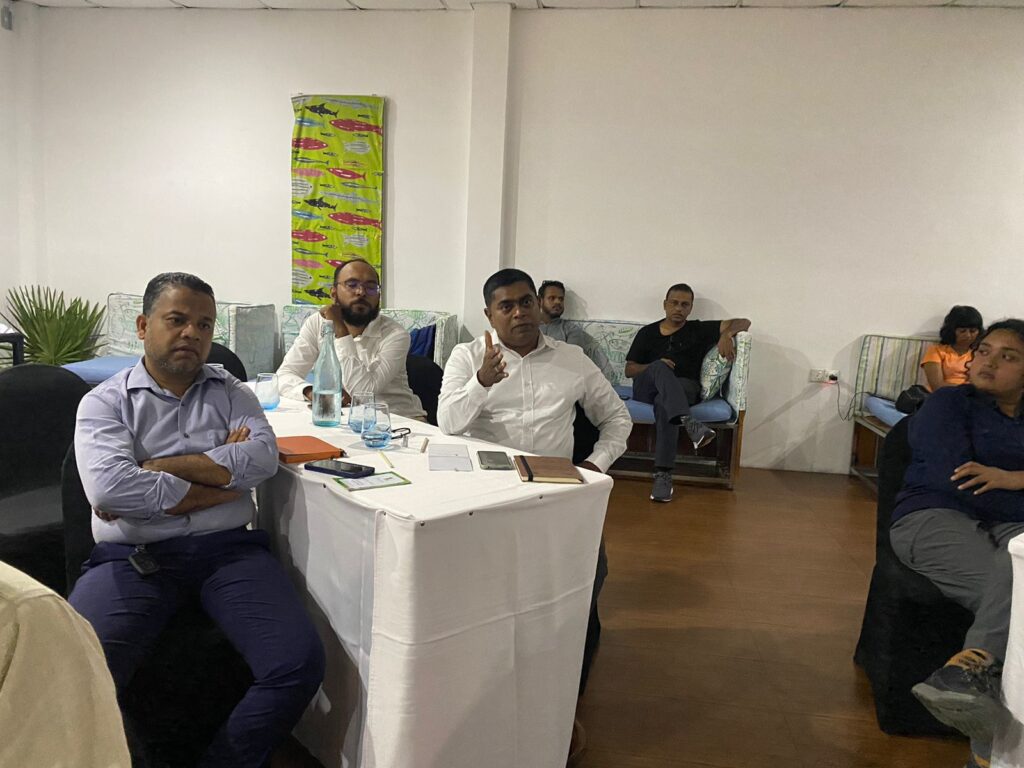
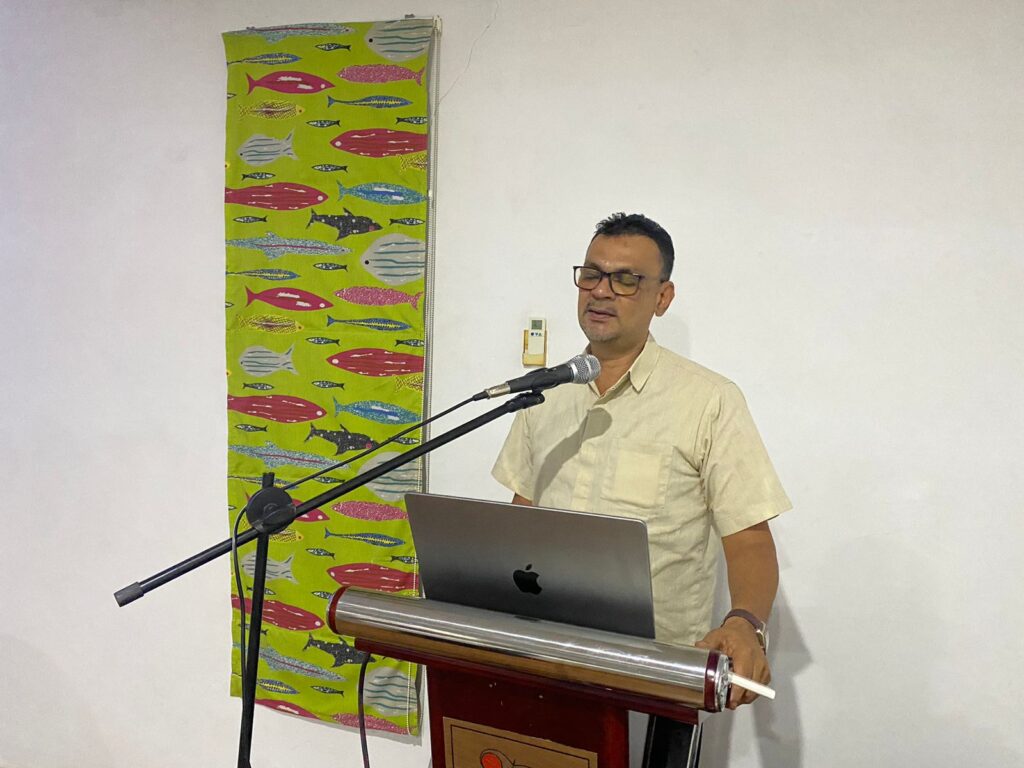
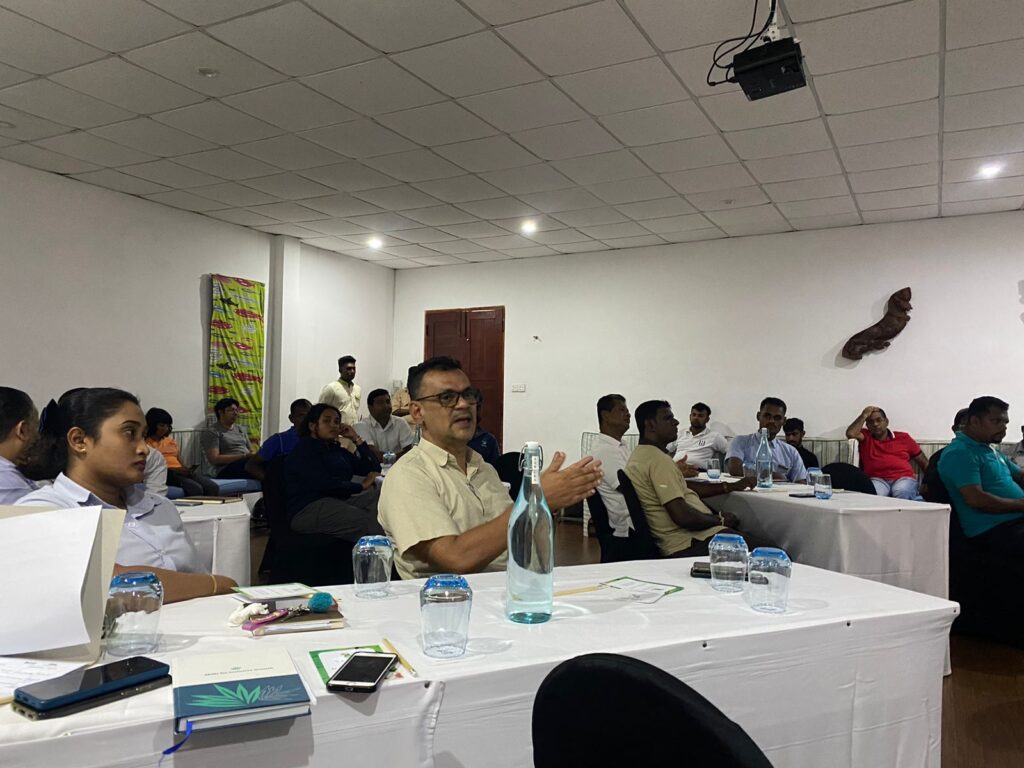
Day 2: Exploring the Reef and Engaging with Local Communities
On 6th December, the team departed for Kayankerni early in the morning for an interactive field awareness session. Conducted by Blue Resources Trust (BRT), the project’s implementation partner, this session highlighted:
✅ The ecological importance of the Kayankerni Reef.
✅ The role of coral conservation in protecting biodiversity.
✅ How the project aligns with local socio-economic development.
Following the awareness session, a focused group discussion took place between the corporate participants and members of the Kayankerni Fishery Association. The discussion explored sustainable livelihood options that would allow local communities to reduce their dependence on fishing practices that harm the reef.
🌱 Key Takeaway: The community expressed strong interest in shifting to biodiversity-friendly livelihoods, but lack of market demand has hindered previous efforts. The project aims to bridge this gap by promoting eco-tourism and sustainable business models.
Experiencing Nature-Based Solutions Firsthand
Kayak Tour through Mangroves
To provide a hands-on experience, participants embarked on a guided kayak ride through the mangrove ecosystems of Kayankerni. This immersive activity showcased the biodiversity of the seascape and highlighted the potential for developing a formal kayak trail as a sustainable tourism initiative. The kayak ride served as a preliminary trial, with participants providing valuable feedback on how this initiative could be improved to attract eco-tourists.
Community-Hosted Lunch
A traditional meal prepared by the local community gave visitors a taste of Kayankerni’s culinary heritage. This experience further underscored how local food tourism could be integrated into eco-tourism models to generate alternative income sources for the community.
Engaging with the Hospitality Sector
Following the site visit, the team returned to Pasikudah for a strategic meeting with the Pasikudah Hoteliers’ Association. This discussion focused on how sustainable tourism could be leveraged to support coral conservation and community development.
Key Insights from the Hoteliers:
✔️ Hotels are open to promoting eco-tourism in Kayankerni.
✔️ A structured tourism strategy with clear branding and safety measures is essential to attract visitors.
✔️ There is strong potential for collaboration between local businesses, hotels, and conservation partners.
By integrating sustainable tourism practices, the hospitality sector can become a key player in reef conservation, ensuring long-term economic and environmental benefits.
Observations and Key Takeaways
🔹 Corporate Engagement is Growing – The visit reinforced the role of private sector partnerships in conservation, with four companies already signed up as project partners and more expressing interest.
🔹 Alternative Livelihoods Need Market Support – While eco-tourism and sustainable fisheries hold promise, demand generation and branding will be crucial for success.
🔹 Tourism Can Be a Game-Changer – A well-structured eco-tourism strategy could provide long-term financial sustainability to conservation efforts and local businesses.
🔹 Collaboration is Essential – Stronger engagement between businesses, conservationists, government agencies, and local communities will be needed to ensure project success.
Strengthening Partnerships & Moving Forward
The Life to Our Coral Reefs project is a long-term initiative that will require sustained corporate engagement, local participation, and conservation expertise. Based on the insights gained during the site visit, BSL and its partners will focus on:
📌 Formalizing corporate partnerships to secure financial and technical support.
📌 Developing a sustainable eco-tourism model, including the kayak trail and local food experiences.
📌 Strengthening engagement with the Pasikudah hospitality sector to integrate reef conservation into their operations.
📌 Providing skills training and market linkages to ensure sustainable livelihoods for coastal communities.
Join Us in Protecting Sri Lanka’s Reefs!
BSL invites businesses, conservation organizations, and individuals to become a part of this impactful initiative. By working together, we can restore our reefs, support communities, and promote sustainable business practices that benefit both people and nature.
#BSL #LifeToOurCoralReefs #Kayankerni #CoralConservation #SustainableTourism #EcoTourism #ProtectOurOceans
#Dilmah #CDB #CommercialBank #SpaCeylon #CinnamonHotels #Hirdaramani #DIMO #NDB #BlueResourcesTrust
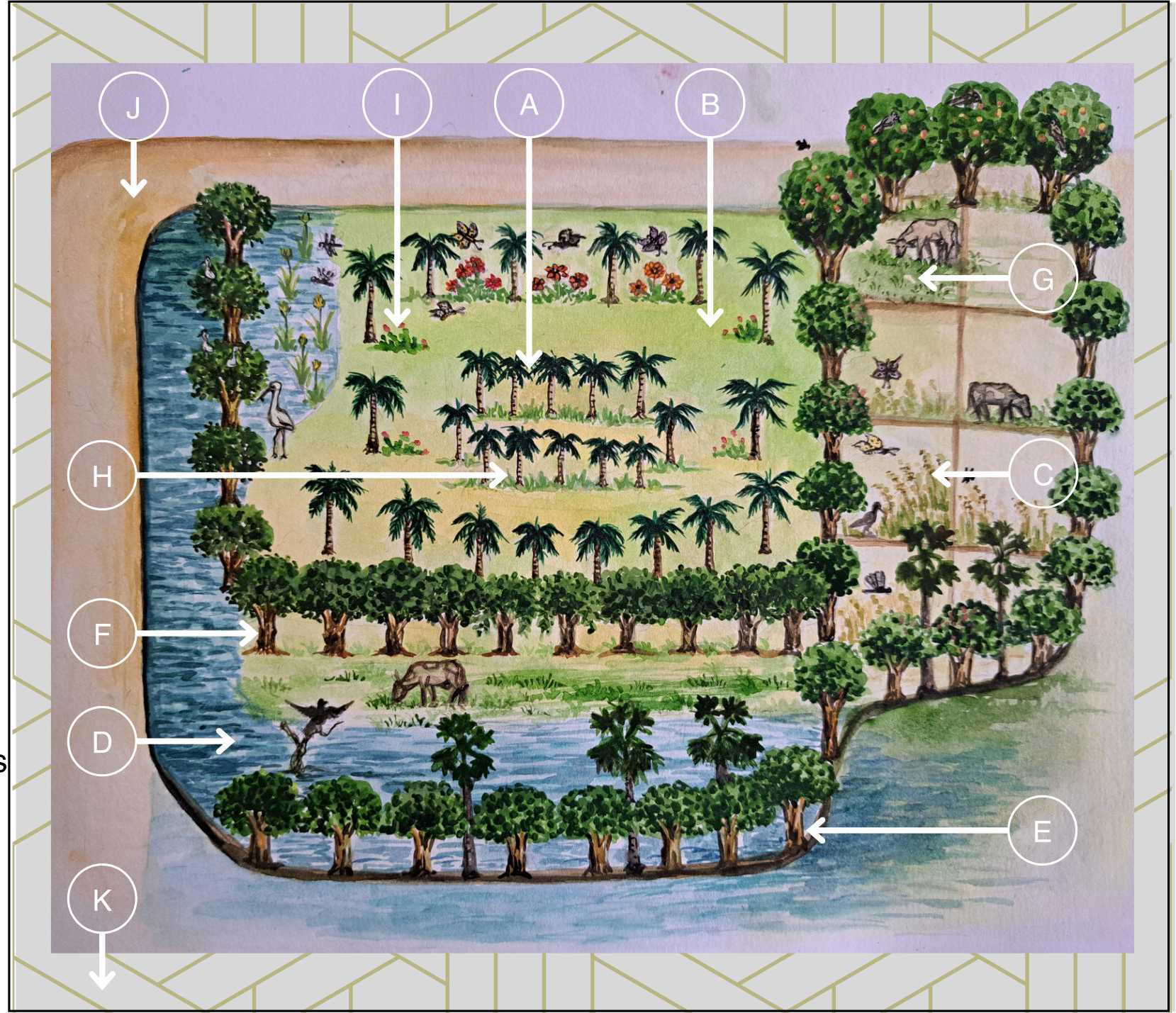
Mannankulam Estate: Embracing Heritage and Sustainability with Biodiversity Sri Lanka
We are delighted to announce that Mannankulam Estate has joined Biodiversity Sri Lanka (BSL) as a General Member. Nestled in the heart of Sri Lanka’s East Coast, Mannankulam Estate is a beacon of cultural preservation, sustainable agriculture, and environmental stewardship. Their partnership with BSL underscores a shared commitment to conserving Sri Lanka’s rich biodiversity and promoting sustainable development.

A Legacy Rooted in the East Coast
Mannankulam Estate, located in Akkaraipattu, is more than just a destination; it’s a journey into the soul of Sri Lanka’s East Coast. Spanning 25 acres, the estate has been in the hands of the same family for four generations, serving as a testament to their dedication to preserving the region’s heritage. The estate offers visitors an immersive experience through thoughtfully curated itineraries that celebrate the area’s culture, history, nature, art, and architecture. Guests are invited to stay in one of four personal homes, each reflecting unique Sri Lankan architectural styles, from early 19th-century colonial designs to contemporary tropical architecture by Anjalendran, a renowned architect who collaborated with Geoffrey Bawa in the 1980s.
Commitment to Sustainable Agriculture
At the heart of Mannankulam Estate lies a profound respect for nature and a commitment to sustainable practices. The estate is a certified organic farm under SLS 1324 standards, cultivating a diverse range of produce, including coconuts, vegetables, fruits, and a sustainable amount of livestock. By prioritizing heirloom varieties and traditional production methods, Mannankulam Organics ensures that their products reflect the culture and values of the land. This approach not only preserves the integrity of the environment but also promotes health and well-being for consumers.

Biodiversity Conservation Efforts
Mannankulam Estate is a sanctuary for a remarkable array of flora and fauna. The property boasts rich biodiversity, hosting 218 plant species, 58 bird species, 28 butterfly species, 11 fish species, 12 mammal species, and 10 reptile species. The estate’s commitment to environmental conservation is evident in its efforts to enhance this biodiversity, creating habitats that support various indigenous species. Guests can engage in walking and bike tours, offering opportunities to observe and appreciate the estate’s natural beauty firsthand.
Cultural and Artistic Enrichment
Beyond its natural allure, Mannankulam Estate is a cultural haven. The estate houses a private collection of Sri Lankan contemporary and ancient art, including sculptures, paintings, and photographs from esteemed local artists. This artistic curation offers guests a deep dive into the island’s rich artistic heritage. Culinary experiences at the estate are equally enriching, featuring authentic Batticaloa cuisine crafted from traditional family recipes, allowing guests to savor the true flavors of the East Coast.
A Harmonious Partnership with BSL
The alliance between Mannankulam Estate and Biodiversity Sri Lanka is a natural convergence of shared values and objectives. Both organizations are dedicated to the preservation of Sri Lanka’s unique biodiversity and the promotion of sustainable practices that benefit both the environment and local communities. Through this partnership, they aim to foster initiatives that support environmental conservation, cultural preservation, and sustainable tourism, ensuring that the natural and cultural heritage of Sri Lanka’s East Coast is cherished and protected for generations to come.
For more information about Mannankulam Estate and their initiatives, please visit their official website: https://mannankulam.com

Ayurveda and Conservation Unite: Barberyn Ayurveda Resorts Becomes a BSL Member

We are thrilled to announce that Barberyn Ayurveda Resorts has joined Biodiversity Sri Lanka (BSL) as a new General Member. Nestled in the tranquil coastal town of Beruwala, Western Province, Sri Lanka, Barberyn Reef Ayurveda Resort Hospital is a sanctuary of holistic well-being and sustainable living. With a rich history spanning over 55 years, this pioneering Ayurvedic resort has seamlessly blended traditional healing practices with modern hospitality, creating a haven for those seeking rejuvenation and inner peace. Their membership in BSL is a testament to their unwavering commitment to environmental stewardship and sustainable development.
A Legacy of Holistic Healing and Sustainability
Founded in 1968 by visionaries Mr. Sudana Rodrigo and Mrs. Chitra Rodrigo, Barberyn Reef Ayurveda Resort Hospital has been at the forefront of Ayurvedic tourism in Sri Lanka. Their profound vision of sustainability, encompassing the sanctity of life, human consciousness, and inner peace, has guided the resort’s operations and growth. Today, under the leadership of their son, Manick Rodrigo, the resort continues to uphold these values, emphasizing human development that rests on the sustainability of life, both physical and spiritual.
Authentic Ayurvedic Healing
At the heart of Barberyn Reef Ayurveda Resort Hospital is its dedication to authentic Ayurvedic healing. The resort offers personalized treatment programs designed by experienced Ayurvedic doctors, including detoxification, rejuvenation, and stress relief therapies. Daily meditation and yoga sessions further enhance mental and physical well-being, while Ayurvedic cuisine, prepared according to Ayurvedic principles, focuses on nutrition and balance. Comprehensive wellness programs cater to various health needs, including weight management, skin care, and chronic illness management.
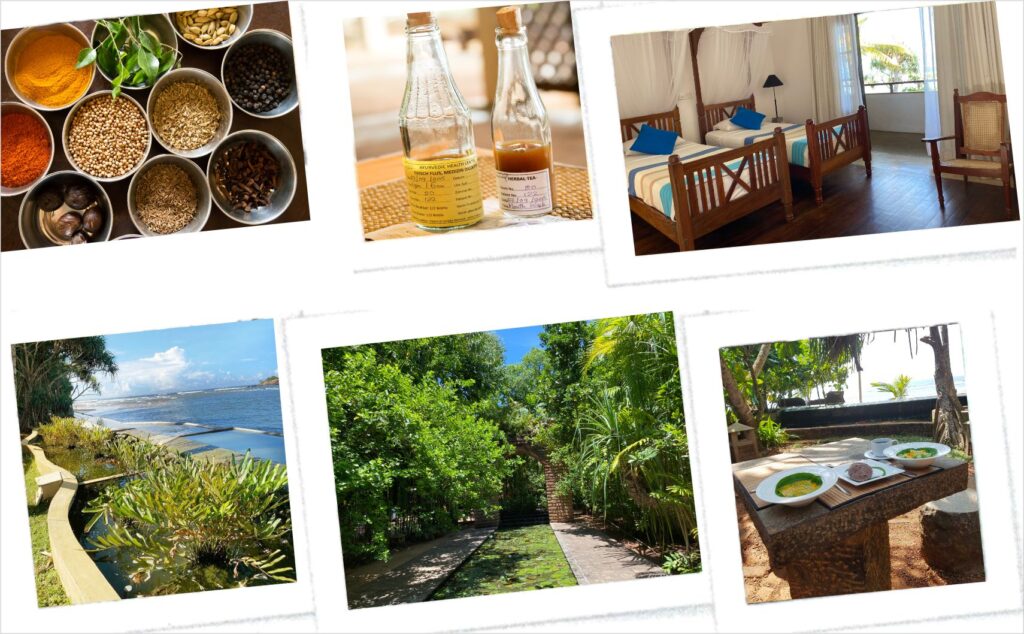
A Commitment to Sustainability
Barberyn Ayurveda Resort’s commitment to sustainability is evident in every aspect of its operations. The resort’s sustainability initiatives align seamlessly with the goals of Biodiversity Sri Lanka, making BSL membership a natural and harmonious partnership.
Reduce, Reuse, Recycle
The resort has implemented a robust waste management system, categorizing waste as degradable and non-degradable. Non-degradable waste is further sorted into plastic, iron, and glass, with plastic cans repurposed to grow plants in the nursery. Organic waste is recycled into compost and biogas, while non-degradable waste is sold for recycling. These efforts not only reduce waste but also promote a circular economy, aligning with BSL’s mission to promote sustainable resource management.
Go Green to Breathe Clean
With 80% of the land covered in greenery, predominantly herbal plants, Barberyn Reef Ayurveda Resort Hospital is a verdant oasis. The resort maintains a herbal plant nursery to supply medicinal plants for Ayurvedic treatments and propagation. This green coverage not only enhances the resort’s aesthetic appeal but also contributes to biodiversity conservation, a core focus of BSL.
Live Under Eco-Friendly Shelters
The resort’s buildings are designed with sustainability in mind, featuring natural ventilation to reduce the need for air conditioning and minimizing the use of plastics in construction. Most furniture is made from wood, further reducing the resort’s environmental footprint. These eco-friendly practices align with BSL’s goal of promoting sustainable building and construction practices.

Sustainability Through Renewable Energy
Barberyn Reef Ayurveda Resort Hospital has embraced renewable energy by installing solar panels for electricity generation. With a goal to meet the entire energy requirement through solar power by 2025, the resort is making significant strides towards reducing its carbon footprint. This commitment to renewable energy aligns with BSL’s mission to promote clean and sustainable energy solutions.
Path to Vegetarian – Take Extinction Off Your Plate
The resort has made efforts to minimize meat consumption due to its environmental impact, promoting a predominantly vegetarian diet. Innovative cooking methods are used to reduce edible food waste, further contributing to sustainability. These initiatives resonate with BSL’s focus on sustainable food systems and reducing the environmental impact of food production.
Sustainable Procurement
Barberyn Reef Ayurveda Resort Hospital sources eco-friendly products and materials, supporting local suppliers and producers to reduce the carbon footprint of hotel operations. This commitment to sustainable procurement aligns with BSL’s goal of promoting environmentally responsible business practices.
Clean Ocean for Healthy Joy
The resort conducts daily beach clean-up sessions to keep the shore free from plastics, contributing to marine conservation. This initiative aligns with BSL’s focus on protecting marine ecosystems and promoting clean oceans.
Environmental Education
Barberyn Reef Ayurveda Resort Hospital provides training and awareness programs for staff, guests, and the local community. Webinars, workshops, and seminars on sustainable tourism and the usage of indigenous medicine further promote environmental education. These efforts align with BSL’s mission to raise awareness and educate stakeholders on biodiversity conservation.
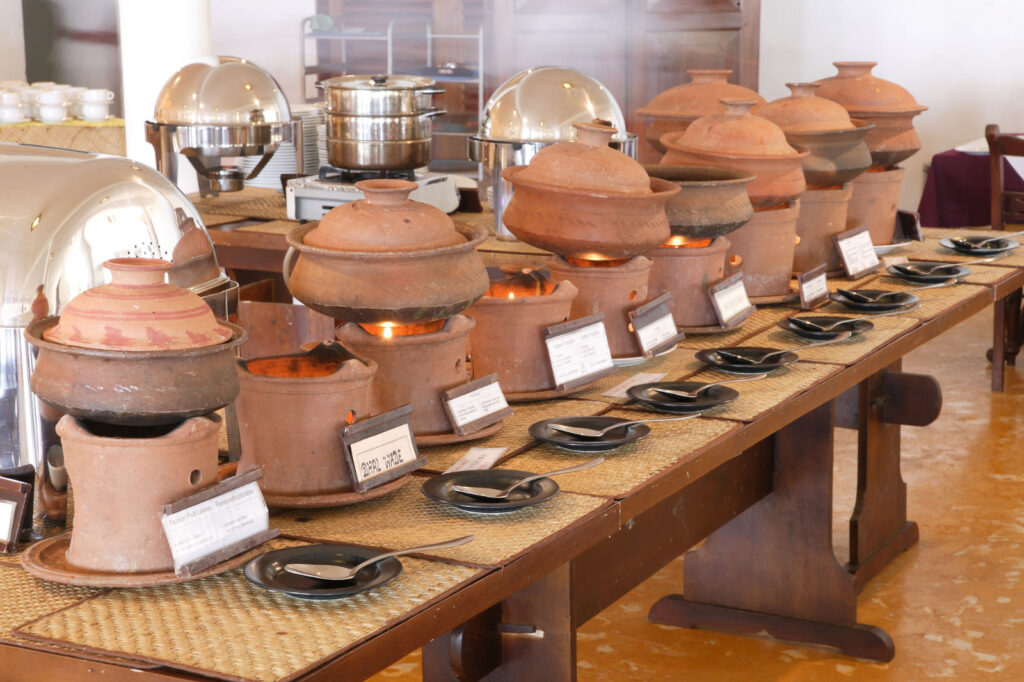
Environmental Conservation Projects
The resort is actively involved in mangrove conservation in the Didduwa area, tree planting initiatives, and maintaining medicinal plantations over 50 acres. These projects promote reforestation, combat climate change, and enhance biodiversity, aligning with BSL’s focus on habitat restoration and conservation.
Science for Every Single Bit of Nature
Barberyn Reef Ayurveda Resort Hospital has constructed wastewater treatment and biogas production plants using scientific approaches. Water used for consumption is tested every three months to ensure safety. These initiatives align with BSL’s mission to promote scientific research and innovation in environmental conservation.
Awards and Recognition
- Presidential Environmental Award 2024 – (Silver Award in Hotel Sector)
- Presidential Environmental Award 2023 – (Merit Award in Hotel sector)
- Presidential Environmental Award 2022 – (Merit Award in Hotel sector)
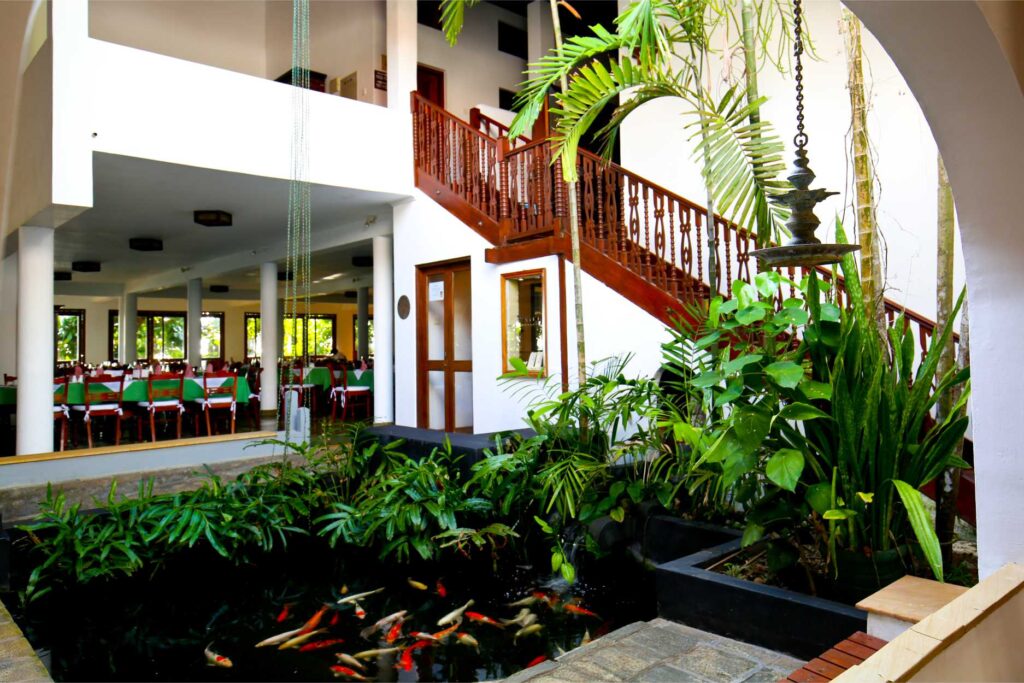
A Vision for the Future
As Barberyn Ayurveda Resorts joins Biodiversity Sri Lanka, it is a testament to their shared vision of a sustainable future. The resort’s holistic approach to well-being, combined with their commitment to environmental stewardship, makes them a valuable partner in BSL’s mission to conserve biodiversity and promote sustainable development.
Barberyn Ayurveda Resort’s membership in Biodiversity Sri Lanka is a natural alignment of values and goals. Their dedication to authentic Ayurvedic healing, sustainable practices, and environmental conservation makes them a beacon of sustainable wellness. As they continue to lead by example, Barberyn Ayurveda Resorts and Biodiversity Sri Lanka will work together to create a healthier, more sustainable future for all.
For further information, please visit the Barberyn Ayurveda Resort’s website: https://www.barberynresorts.com
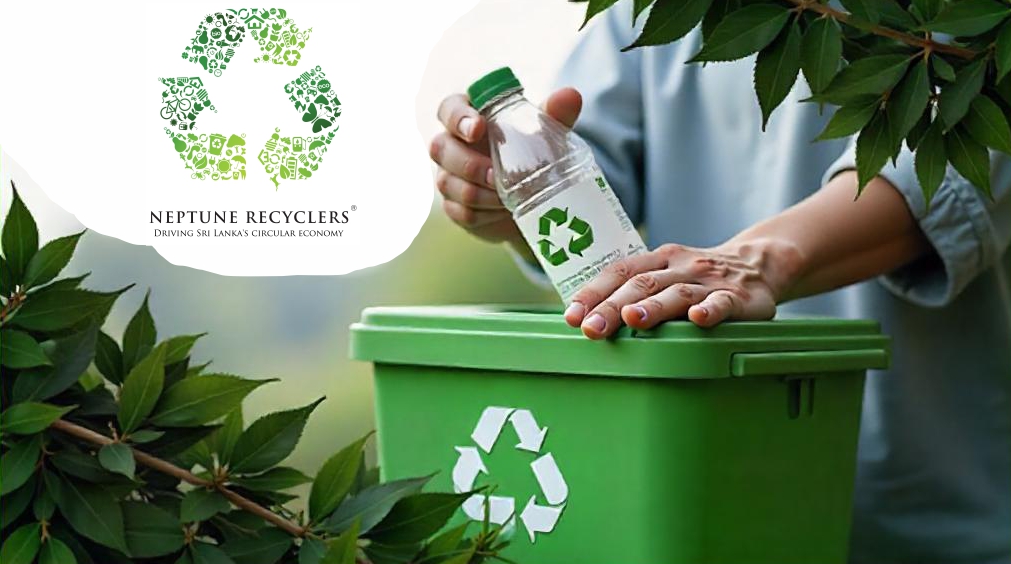
Driving the Circular Economy Towards a Sustainable Future!
Biodiversity Sri Lanka (BSL) is delighted to welcome Neptune Recyclers as a General Member. This partnership fosters innovation and impactful action to conserve Sri Lanka’s biodiversity and promote sustainable business practices.

Pioneers in Recycling
Neptune Recyclers has been at the forefront of Sri Lanka’s waste management sector for over 30 years. As a subsidiary of Ex-Pack Corrugated Cartons PLC and part of Aberdeen Holdings (Pvt) Ltd., they have built an impressive legacy of innovation, efficiency, and sustainability.
With over 600,000 metric tons of recyclable materials processed to date, including 400,000 tons of cardboard and 200,000 tons of paper, Neptune Recyclers has made a remarkable economic and environmental contribution, generating $160 million in value for Sri Lanka.
Circular Economy Champions
At the heart of Neptune Recyclers’ operations is the circular economy – a system where waste is minimised, and resources are continuously reused. Through cutting-edge recycling processes, they transform PET waste into high-quality materials and ensure that every step of the recycling cycle supports a sustainable future.
Their focus on achieving Sustainable Development Goal 12 (Responsible Consumption and Production) perfectly aligns with BSL’s mission. By reducing waste and conserving resources, Neptune Recyclers contributes to preserving biodiversity and promoting a greener economy.
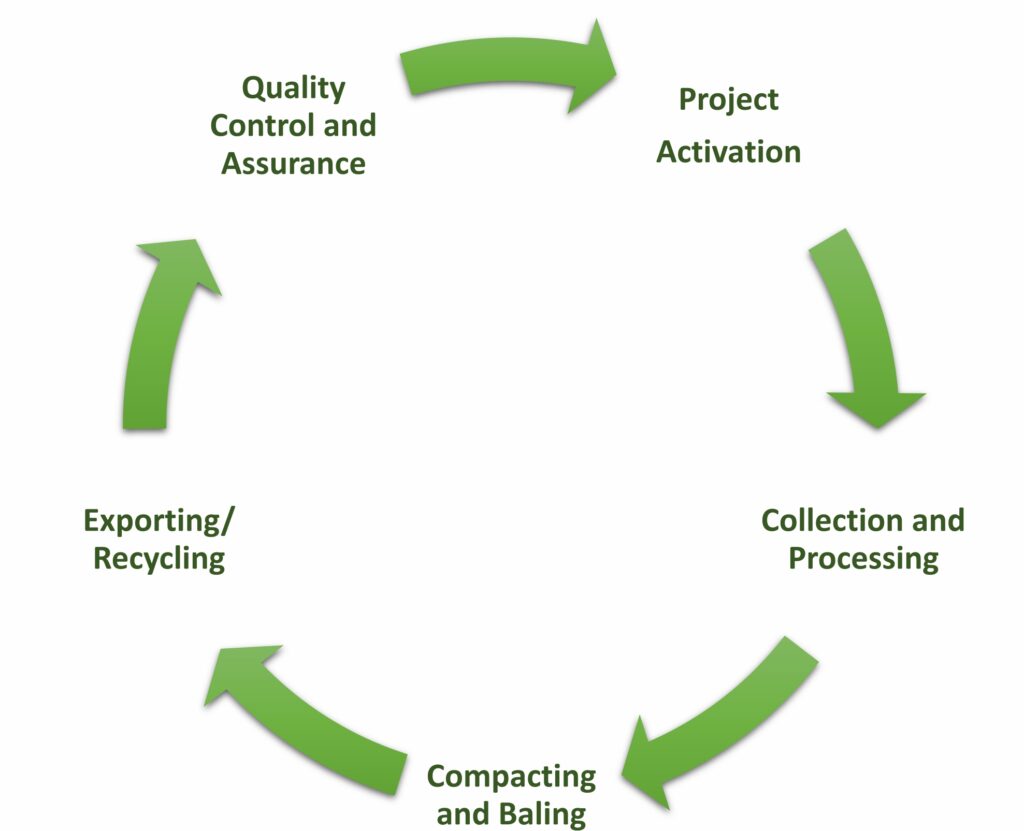
Tech-Driven Sustainability
Neptune Recyclers is renowned for its investment in advanced technologies. From industrial shredders capable of processing one metric ton of paper per hour to automated baling systems optimised for operational efficiency, their infrastructure is designed to deliver high-impact results while minimising environmental footprints.
The integration of state-of-the-art weighbridges and precision baling equipment further underscores their commitment to sustainable practices. These innovations not only optimise waste management processes but also demonstrate how technology can drive environmentally responsible business practices.
Global Recognition
Neptune Recyclers’ unwavering commitment to excellence has earned them numerous accolades, both locally and internationally. Some of their most notable achievements include:
- Bronze Award at the 2024 Presidential Environment Awards for their outstanding work in solid waste recovery and recycling.
- Gold MSME ESG Excellence Award from the MBA Alumni Association of the University of Colombo, recognising their leadership in environmental, social, and governance initiatives.
- Silver Award from the National Chamber of Exporters of Sri Lanka, highlighting their contributions to sustainable exports.
- Being the only waste management entity in Sri Lanka certified Zero Waste to Landfill by Intertek.
- Securing 4th position among the Top 50 Best Workplaces in Sri Lanka by Great Place to Work and being placed on the prestigious Great Place to Work Asia List.
These accolades reflect Neptune Recyclers’ dedication to setting high standards in environmental sustainability, waste management, and corporate responsibility.
Impact Beyond Operations
Neptune Recyclers’ influence extends far beyond their recycling facilities. They are deeply committed to empowering communities and businesses through educational outreach and awareness campaigns.
Their initiatives focus on equipping stakeholders with the knowledge and tools to adopt responsible waste management practices. By fostering a culture of sustainability, Neptune Recyclers inspires individuals and organisations to become active participants in the fight against environmental degradation.
A Perfect Match with BSL
Neptune Recyclers’ ethos of “giving back to the planet and people” aligns seamlessly with BSL’s mission to integrate biodiversity conservation into corporate strategies. Both organisations are driven by a shared vision of sustainability and recognise the importance of private sector leadership in protecting natural ecosystems.
As a General Member of BSL, Neptune Recyclers brings a wealth of expertise in sustainable waste management. This partnership opens the door to collaborative projects, innovative solutions, and impactful initiatives that address Sri Lanka’s most pressing environmental challenges.
Collaborating for Change
By joining BSL, Neptune Recyclers becomes part of a vibrant network of businesses committed to creating a positive environmental legacy. Through this partnership, Neptune Recyclers gains the opportunity to:
- Contribute Expertise: Share insights and best practices in waste management and recycling.
- Participate in Programmes: Engage in BSL-led initiatives such as biodiversity restoration and sustainable corporate practices.
- Amplify Awareness: Leverage BSL’s platform to expand their educational campaigns and reach a broader audience.
- Support LIFE Series Projects: Actively participate in BSL’s LIFE Series projects to enhance sustainability outcomes and create impactful, scalable solutions for biodiversity conservation.
A Bright Future for Sustainability
This partnership is a testament to the power of collaboration. By uniting the strengths of BSL and Neptune Recyclers, we are creating a foundation for transformative change. Together, we aim to drive impactful solutions that benefit Sri Lanka’s environment, economy, and communities.
Neptune Recyclers’ expertise in waste management and their commitment to sustainable development make them an invaluable addition to the BSL family. Their membership signifies a step forward in achieving our shared vision of a greener, more sustainable Sri Lanka.
BSL’s Warm Welcome
On behalf of Biodiversity Sri Lanka, we extend a heartfelt welcome to Neptune Recyclers. We are excited to work alongside an organisation that shares our passion for sustainability and biodiversity conservation.
As we embark on this journey together, let’s work hand-in-hand to protect Sri Lanka’s natural heritage and build a brighter, more sustainable future for generations to come. For more information about Neptune Recyclers and their initiatives, visit their website at: https://neptunerecyclers.com
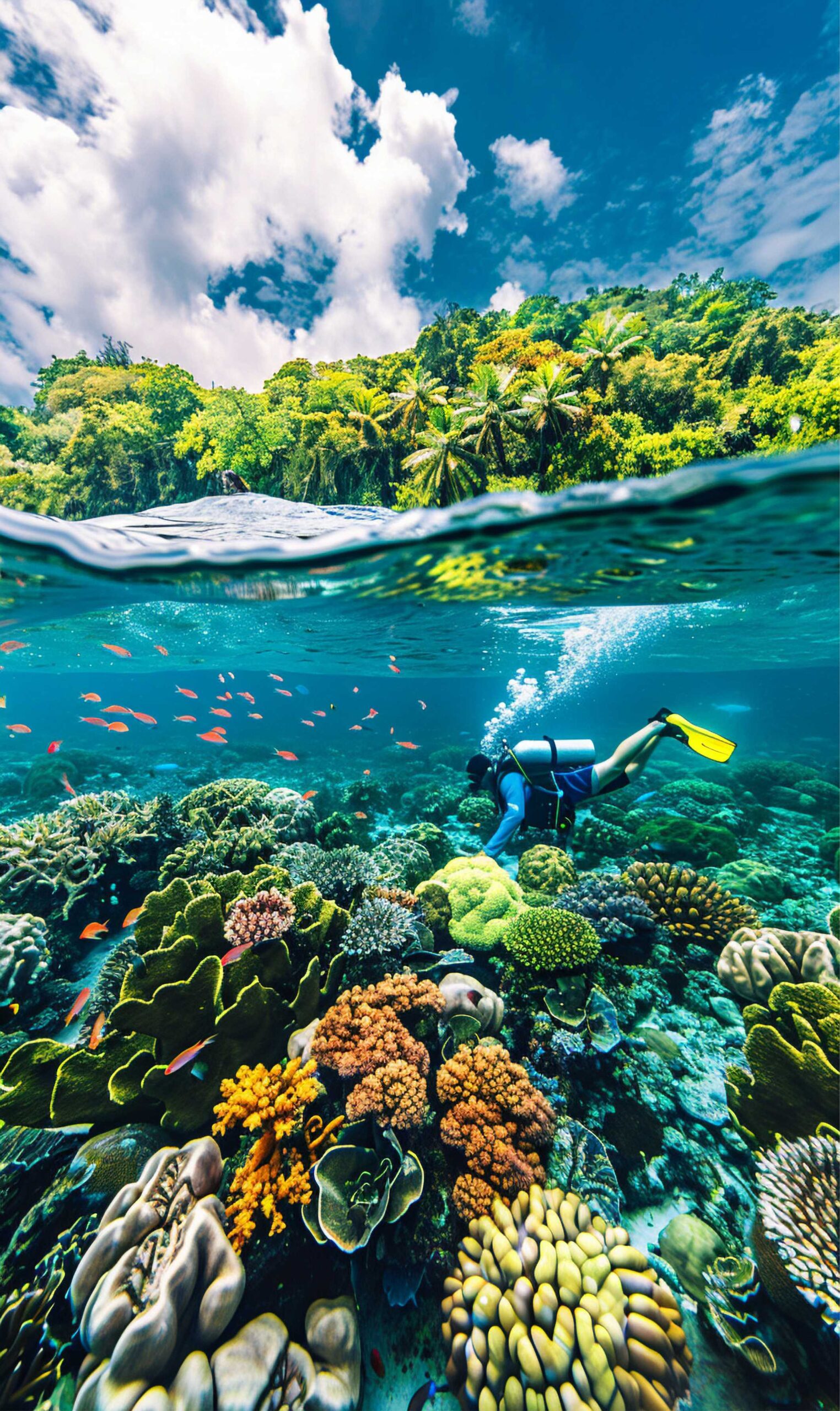
A New Wave of Conservation: Spa Ceylon joins Biodiversity Sri Lanka to Protect Coral Reefs

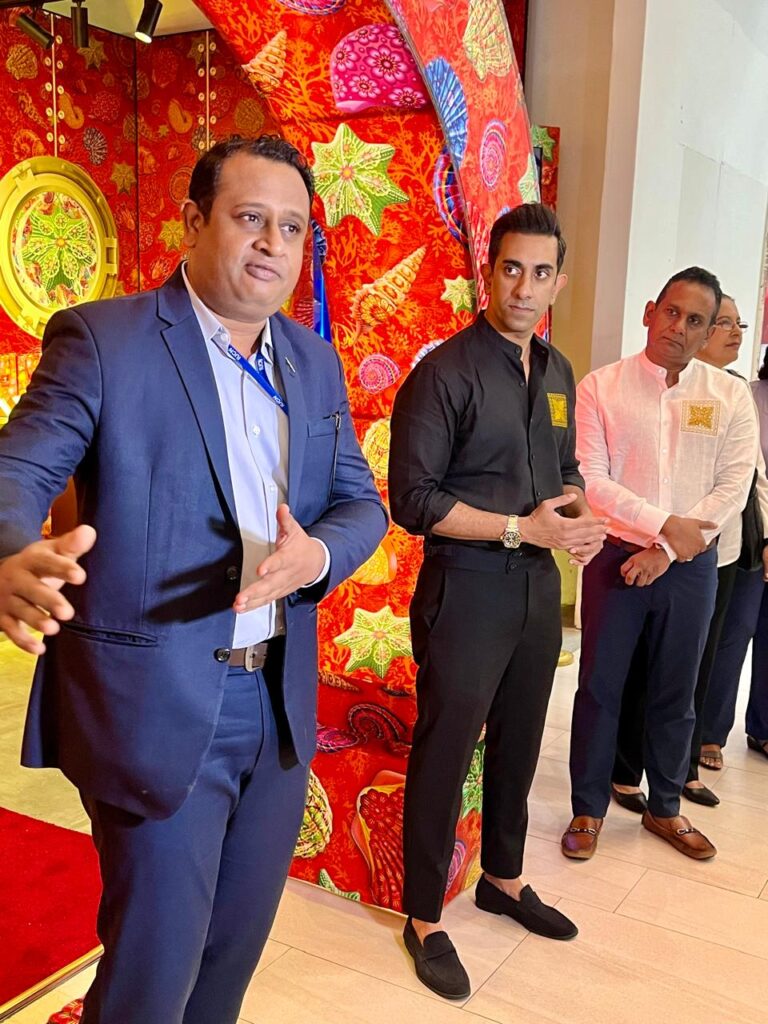
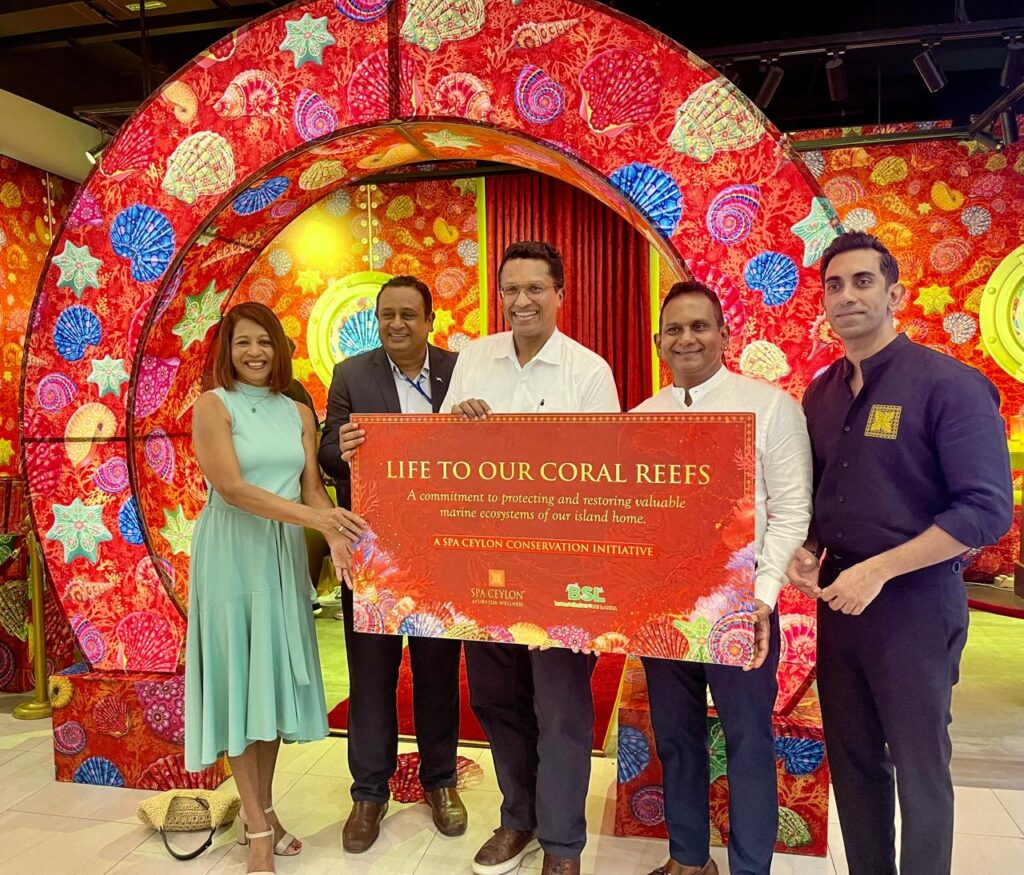



Spa Ceylon, the world’s largest luxury Ayurveda brand has joined forces with Biodiversity Sri Lanka (BSL) to strengthen the “Life to Our Coral Reefs” initiative — an ambitious project to restore and conserve Sri Lanka’s vibrant coral ecosystems. Announced alongside Spa Ceylon’s latest Festive Collection, “Undersea Paradise,” this partnership seeks to spotlight the beauty and critical importance of coral reefs while inspiring people to protect these fragile ecosystems. The Life to Our Coral Reefs initiative was conceptualised and designed with the support of the Ambassade de France à Sri Lanka et aux Maldives.
The initiative is part of BSL’s LIFE Series, which is dedicated to preserving Sri Lanka’s unique natural landscapes, from lush forests and mangroves to pristine beaches and coral reefs. Coral reefs, covering less than 1% of the oceans yet supporting 25% of marine life, play an irreplaceable role in coastal protection and supporting livelihoods. However, they are under severe threat from climate change, pollution, and unsustainable fishing practices. Through collaborations with the Department of Wildlife Conservation, the International Union for Conservation of Nature (IUCN), Blue Resources Trust and the Marine Environment Protection Authority (MEPA), BSL is committed to reversing the tide.
With Spa Ceylon’s international reach across 33 countries and its dedication to ethical, eco-friendly practices, the partnership promises to amplify marine conservation efforts in Sri Lanka and beyond. The Undersea Paradise Festive Gallery at One Galle Face Mall from November 1-3 provides an immersive experience to inspire people to take action for marine conservation.
“Biodiversity is at the heart of today’s environmental challenges, from climate change to habitat loss,” says Dilhan Fernando, Chairperson of BSL. “It’s on all of us—businesses, NGOs, government, and individuals—to protect it. Through this collaboration, we hope to inspire others to safeguard our marine heritage for generations to come.”
By merging luxury wellness with ecological responsibility, Spa Ceylon and BSL are setting a powerful example of how businesses can lead the way in environmental stewardship, working together to make an enduring impact on Sri Lanka’s natural heritage.
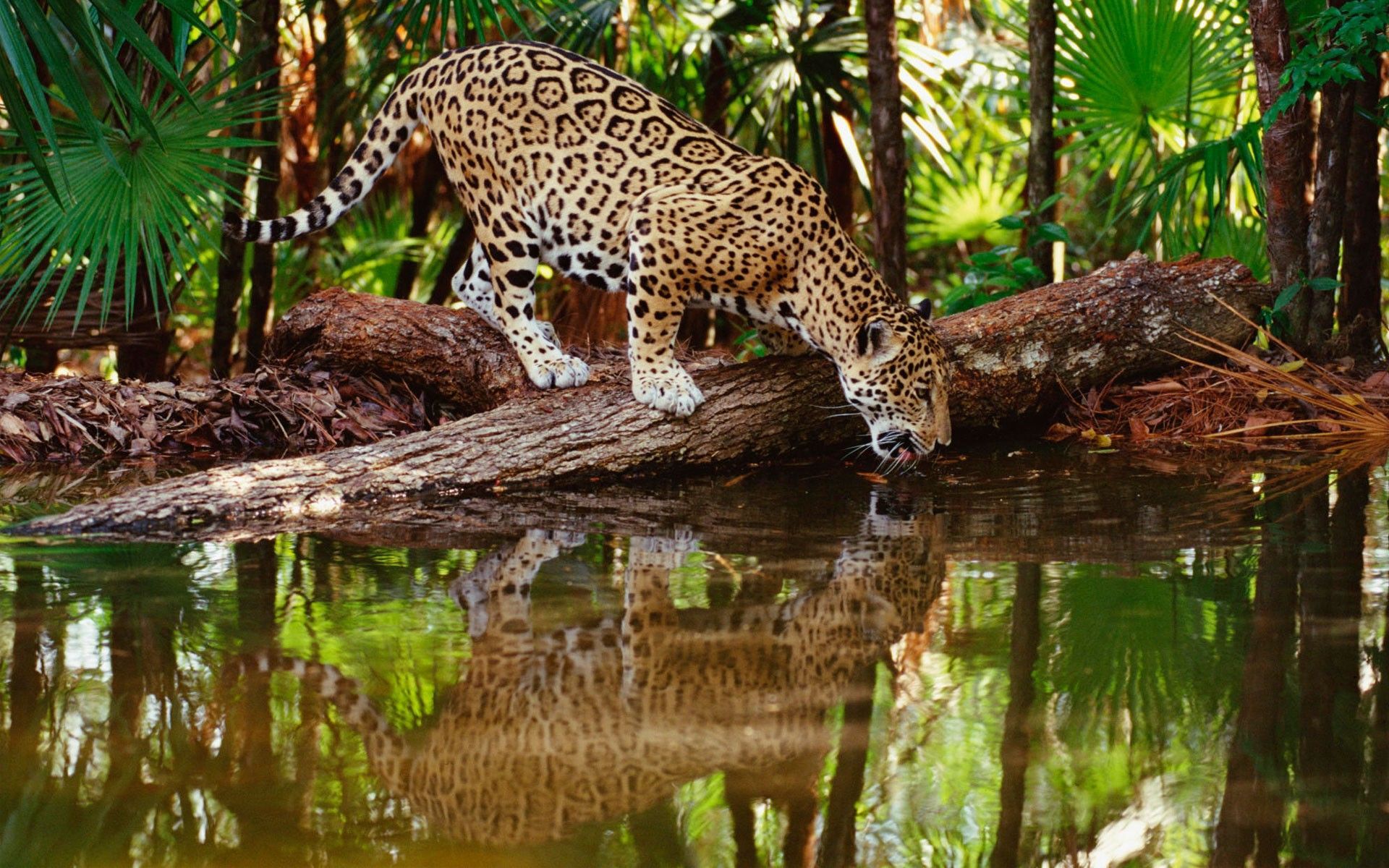
A New Pathway for Biodiversity Conservation in Sri Lanka
Amid Sri Lanka’s financial challenges, the country’s greatest untapped resource is its rich biodiversity. As the new government shapes its policy agenda, there is a unique opportunity to adopt innovative, market-based approaches like Payment for Ecosystem Services (PES). PES incentivises individuals, communities, and businesses to protect vital ecosystems by compensating them for the services these ecosystems provide, such as carbon sequestration, water filtration, and biodiversity conservation. This approach not only preserves the environment but also generates new income streams, benefiting the economy in the long run.
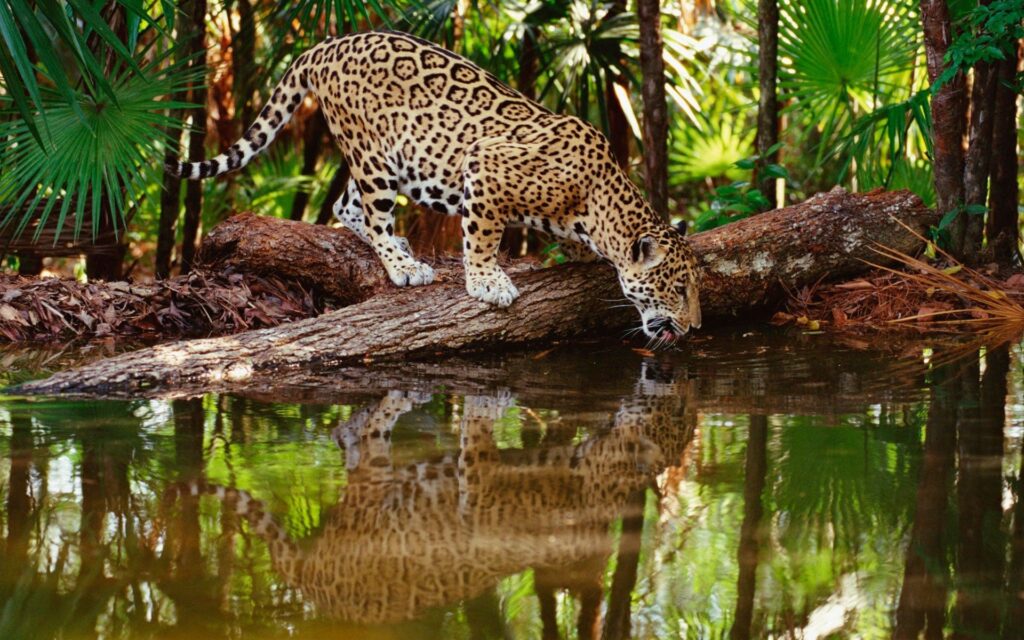
PES in Action Globally
While Sri Lanka has yet to fully embrace large-scale PES projects, there are successful examples from around the world that offer a roadmap for how it could be applied. One prominent example is Costa Rica’s PES program, which has been operational since the 1990s. Costa Rica pays landowners to maintain forest cover, helping to both protect biodiversity and reduce carbon emissions. This program has become a model for integrating conservation with economic development and has significantly contributed to Costa Rica’s reforestation efforts.
In Uganda, a randomised control trial found that PES schemes significantly reduced deforestation. The Ugandan program provided payments to villages to conserve forests, halving deforestation rates in just two years. The results were beneficial not only for environmental conservation but also for improving local livelihoods.
How PES Can Transform Sri Lanka
By integrating such a new approach into national policy, Sri Lanka could protect its unique ecosystems while addressing economic challenges. Here’s how this new approach could work in key areas:
- Ecotourism and Conservation: In areas like Yala and Wilpattu, a new approach can be used to channel tourism revenue into conservation efforts. Local communities would be compensated for protecting wildlife habitats and reducing human-wildlife conflict, making conservation a more integrated part of the tourism economy.
- Forest and Watershed Protection: Sri Lanka’s forests, such as Sinharaja, are essential for carbon sequestration and water supply. Through a new policy-based PES framework, companies could purchase carbon credits from communities maintaining forest cover, helping the country meet its environmental goals while generating income for local residents. Additionally, watershed protection through such an approach can ensure clean water supplies for industries like hydropower and agriculture.
- Coastal and Marine Ecosystem Conservation: Coastal ecosystems like mangroves and coral reefs, crucial for fisheries and tourism, can be protected through such a new policy-oriented approach. Mangroves, for instance, act as carbon sinks, and a PES scheme could see private companies pay for the restoration and protection of these ecosystems, benefiting both biodiversity and local communities reliant on these resources.
- Sustainable Agriculture: Tea, spice, and fruit farmers can benefit from such a new approach by adopting sustainable practices such as agroforestry. International markets are increasingly favoring sustainable products, and a PES-based approach could open these markets to Sri Lankan farmers while improving soil health and biodiversity.
Win-Win Approach for Sri Lanka
Adopting such a new PES-based national approach to biodiversity conservation offers Sri Lanka a sustainable solution that aligns with its national priorities – job creation, poverty reduction, and climate resilience. By implementing PES at a national level, Sri Lanka can unlock new financial resources for conservation, ensuring that biodiversity conservation becomes a driver for national prosperity.
With the right frameworks in place, this approach can become a key tool in protecting Sri Lanka’s natural heritage while supporting long-term economic growth while positioning Sri Lanka as a global leader in sustainable development.
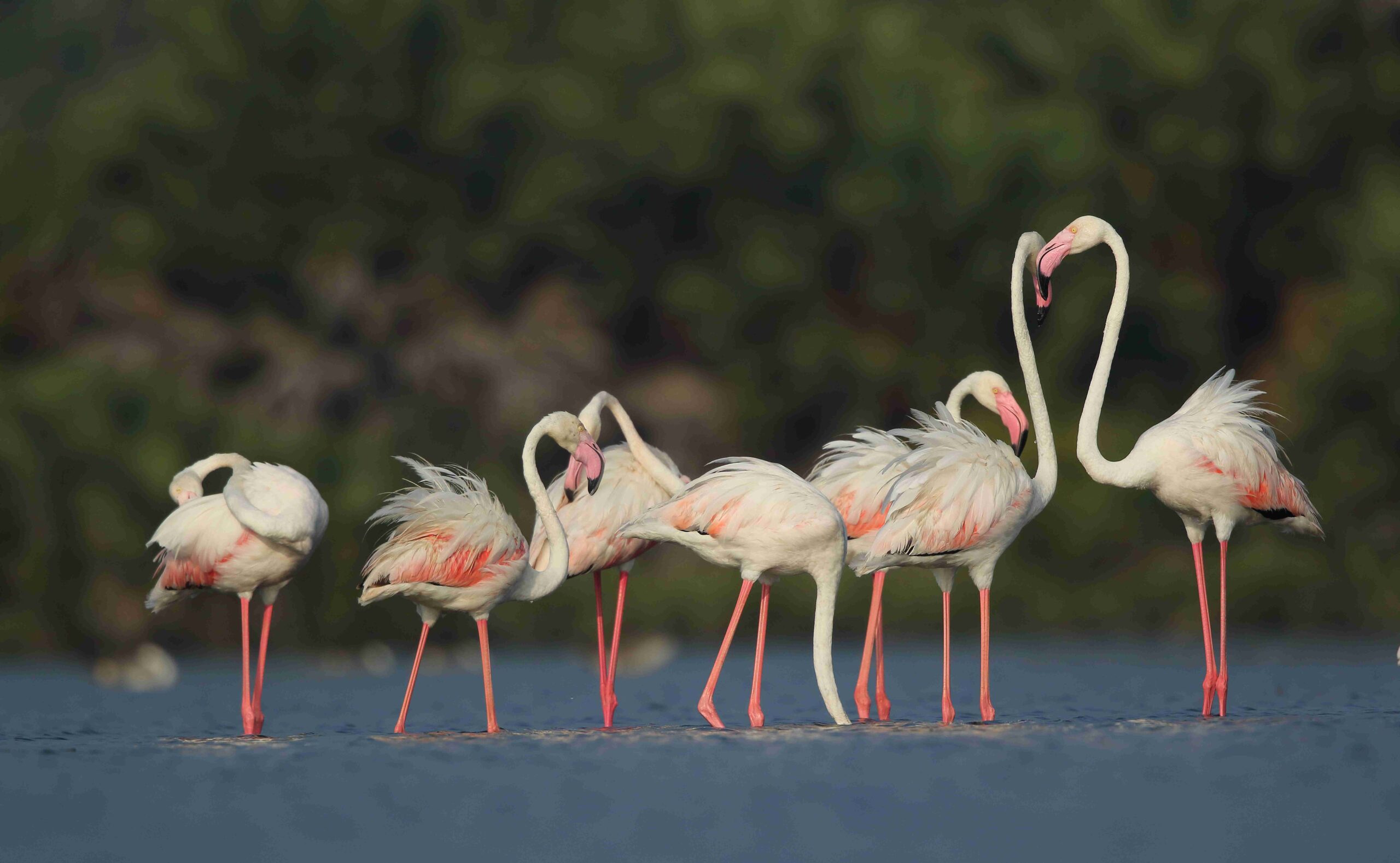
The Vital Connection Between Biodiversity and Sustainability
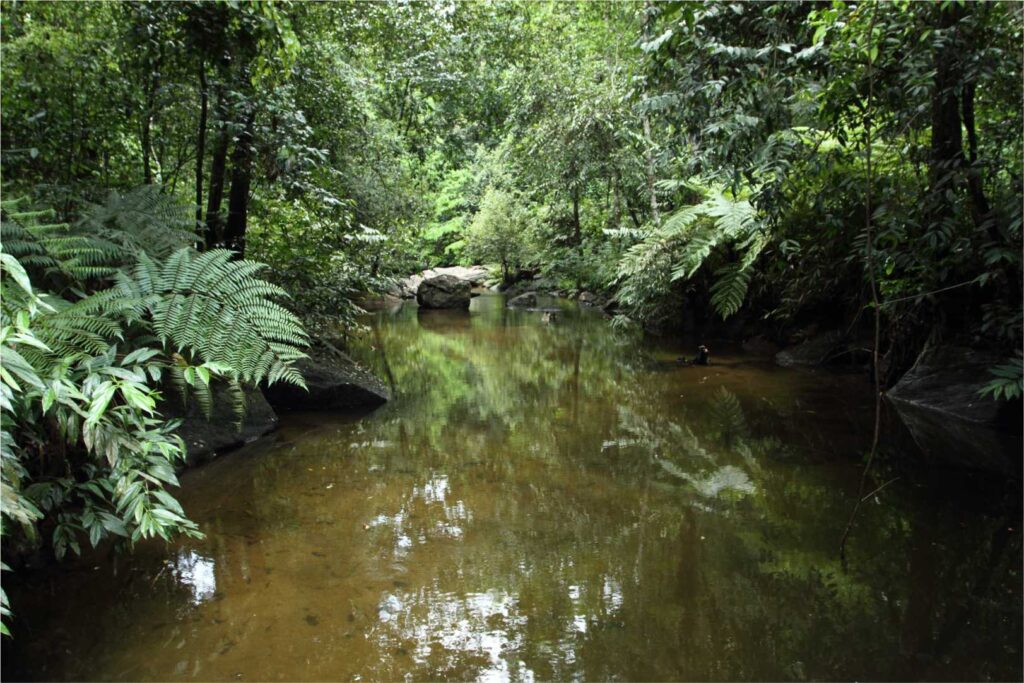
In today’s rapidly changing world, the concepts of biodiversity and sustainability are more interconnected than ever before. As leaders in the business community, it’s crucial to understand this nexus and take proactive steps to ensure that our economic activities support, rather than harm, the natural world that sustains us.
Why Biodiversity Matters
Biodiversity refers to the variety of life on Earth, encompassing different species, ecosystems, and genetic variations. This diversity is not just about preserving the beauty of nature; it’s about maintaining the essential services that ecosystems provide. These services include clean air and water, fertile soil for agriculture, pollination of crops, and climate regulation. In essence, biodiversity is the foundation of our well-being and economic prosperity.

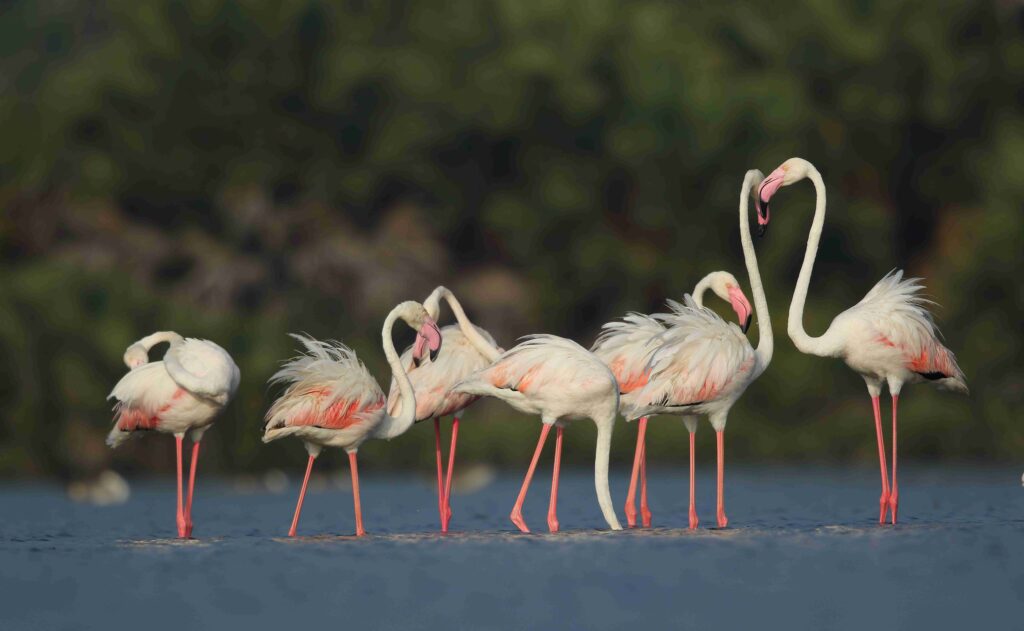
The Role of Sustainability
Sustainability is about meeting our current needs without compromising the ability of future generations to meet theirs. It involves balancing economic growth, social inclusion, and environmental protection. When we integrate biodiversity into our sustainability efforts, we ensure that our natural resources are used wisely and conserved for the future.
The Business Case for Biodiversity
For businesses, embracing biodiversity and sustainability is not just a moral obligation; it’s a smart strategy. Companies that prioritize these values often see numerous benefits, including:
- Enhanced Reputation: Consumers and investors are increasingly favoring companies that demonstrate environmental responsibility. By showing a commitment to biodiversity, your business can build a positive image and attract a loyal customer base that values sustainability.
- Risk Management: Healthy ecosystems can mitigate risks related to climate change, such as extreme weather events. For instance, forests and wetlands can act as natural buffers against floods and storms, reducing potential damage to infrastructure and operations.
- Innovation and Efficiency: Sustainable practices often lead to innovative solutions and more efficient use of resources, reducing costs in the long run. For example, adopting biodiverse agricultural practices can improve soil health and crop yields, leading to more resilient and productive farming systems.
- Market Opportunities: There is a growing market for eco-friendly products and services, providing new business opportunities. Consumers are willing to pay a premium for products that are sustainably sourced and produced, opening up new revenue streams for businesses that prioritize biodiversity.
Biodiversity Sri Lanka (BSL)
To make a meaningful impact, we invite you to join Biodiversity Sri Lanka (BSL). BSL is a platform that brings together businesses committed to biodiversity conservation and sustainable practices. By becoming a member, you can:
- Collaborate: Work with other like-minded businesses to share knowledge and best practices. BSL provides a network where you can learn from the experiences of others and develop joint initiatives that amplify your impact.
- Report: Engage in biodiversity reporting to track and communicate your conservation efforts. Transparent reporting helps build trust with stakeholders and demonstrates your commitment to sustainability.
- Support: Contribute to projects that protect and restore Sri Lanka’s unique ecosystems. BSL facilitates various conservation projects that you can support, ensuring that your efforts are directed towards impactful and scientifically-backed initiatives.
Take Action Today
Your involvement through BSL can make a significant difference. Together, we can create a sustainable future where businesses thrive in harmony with nature. Let’s lead by example and show that economic success and environmental stewardship go hand in hand.



